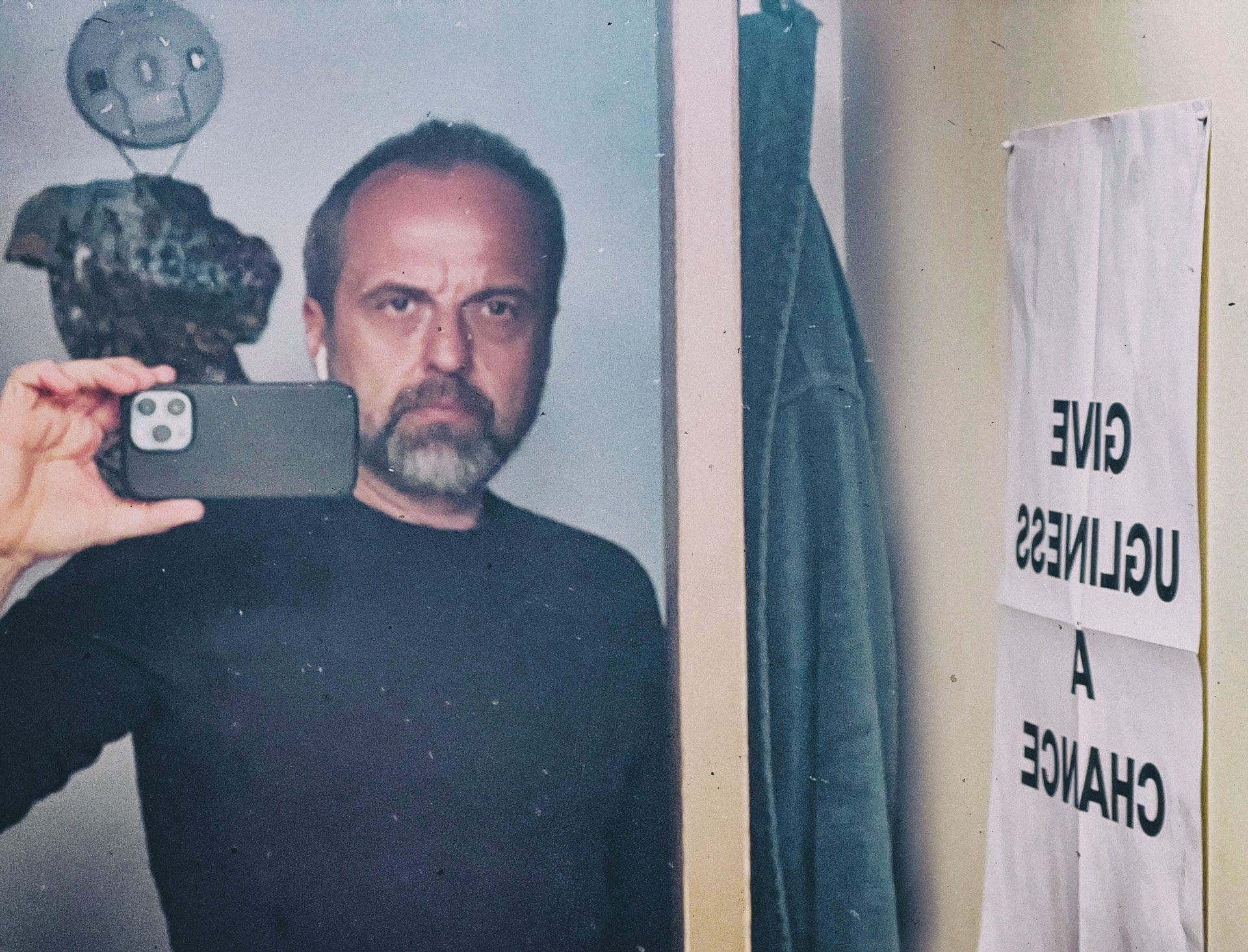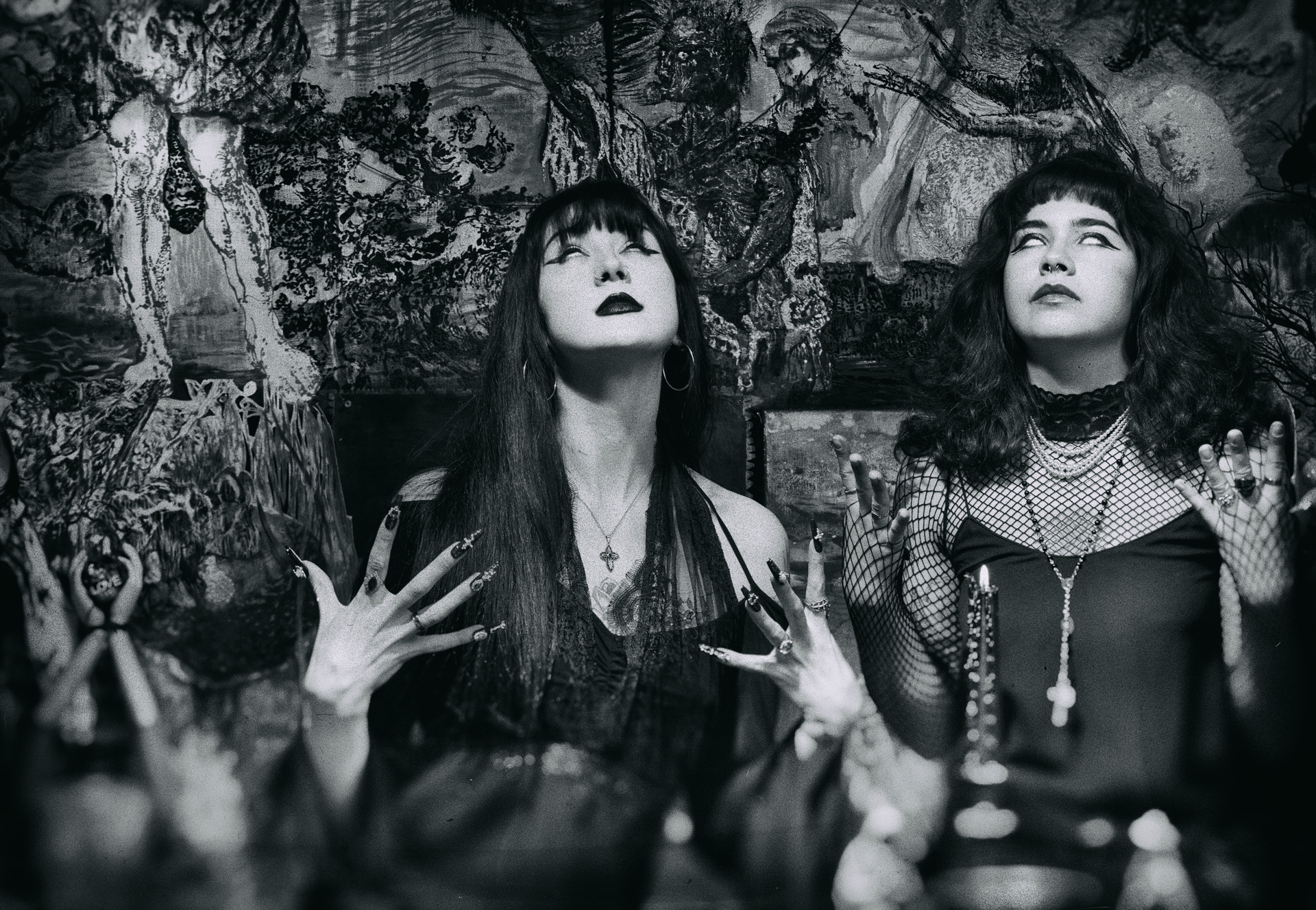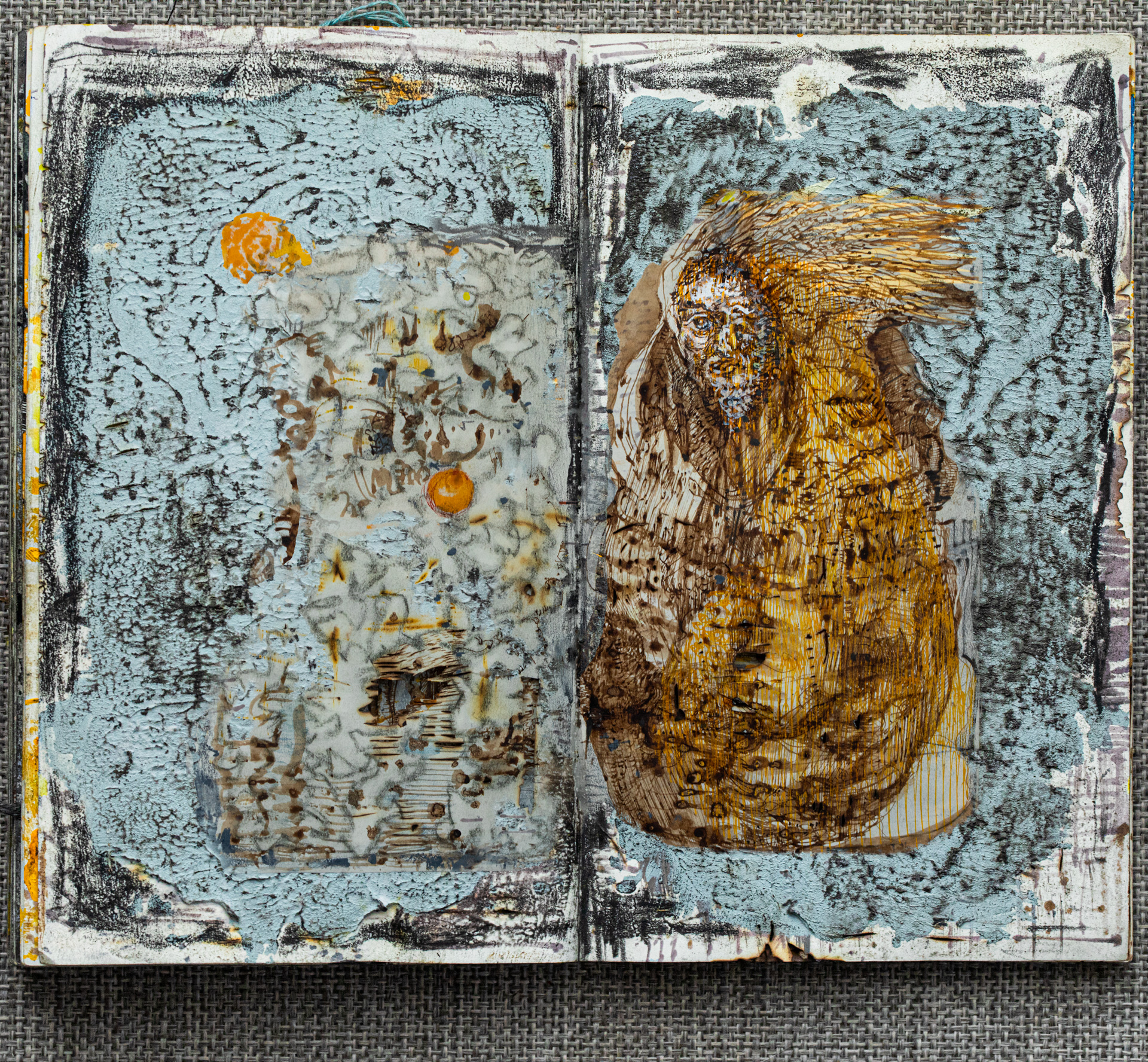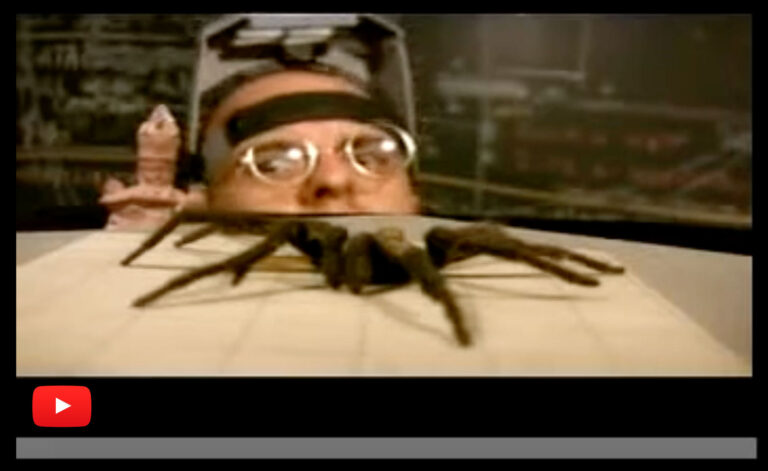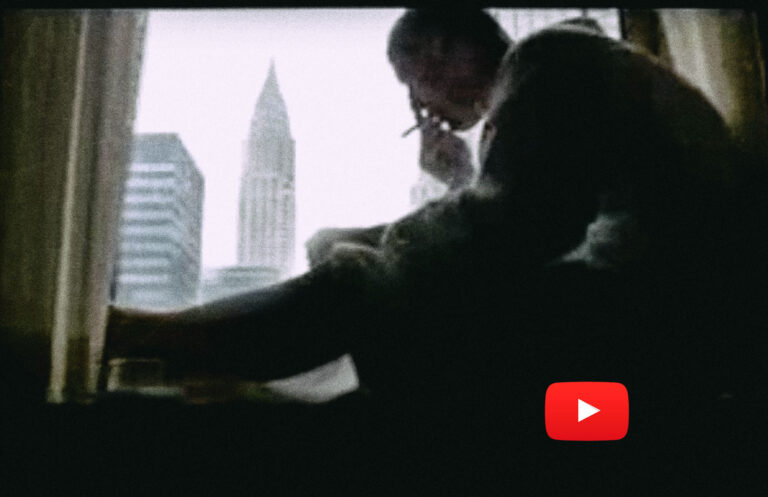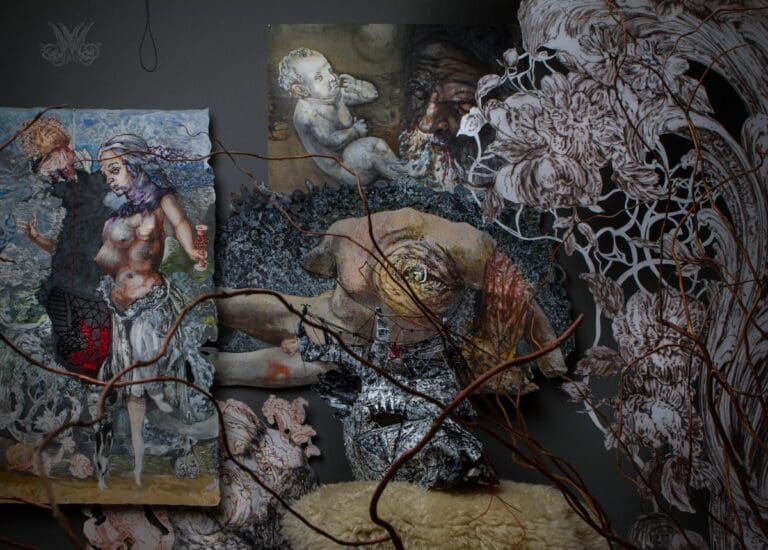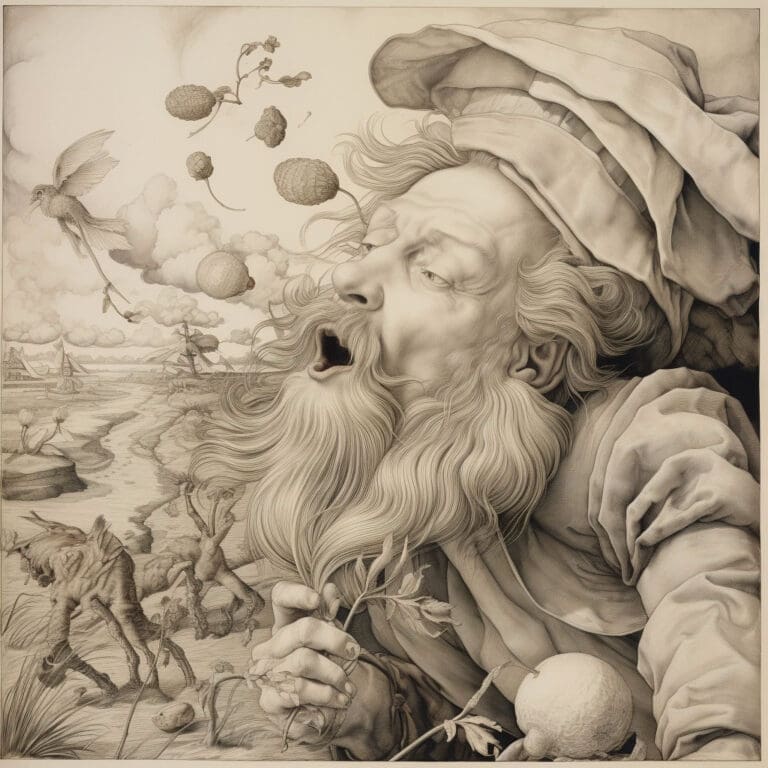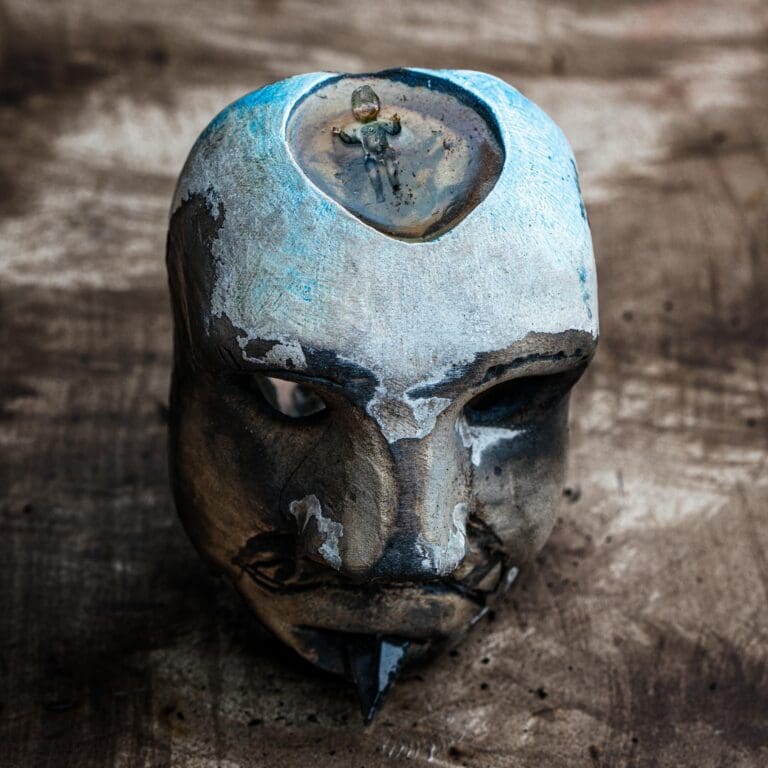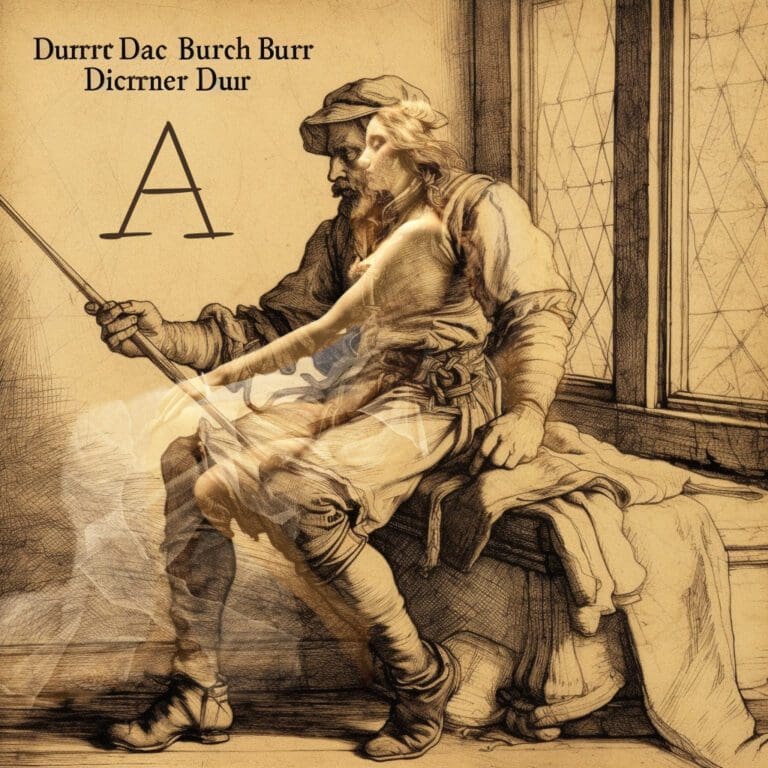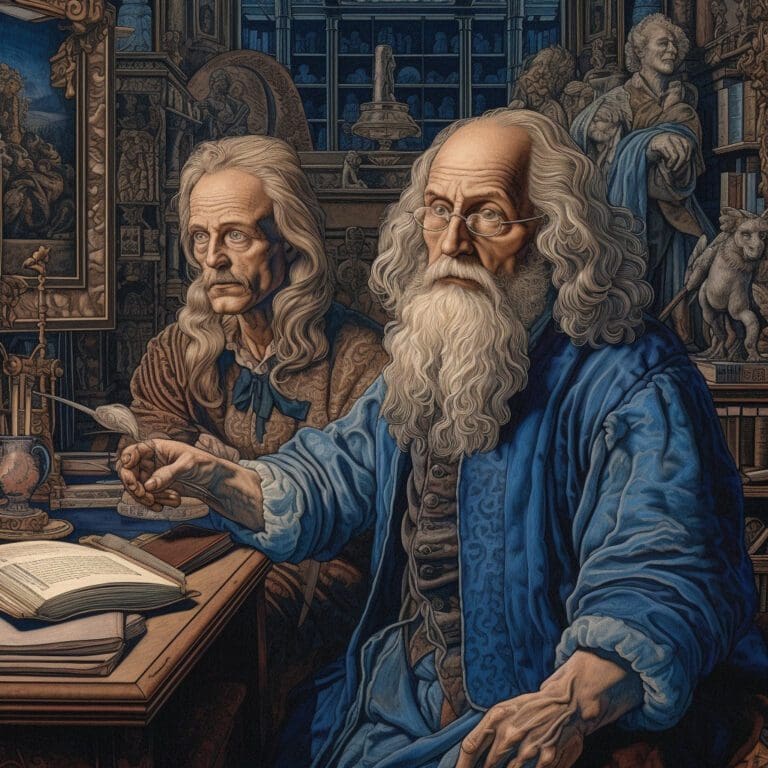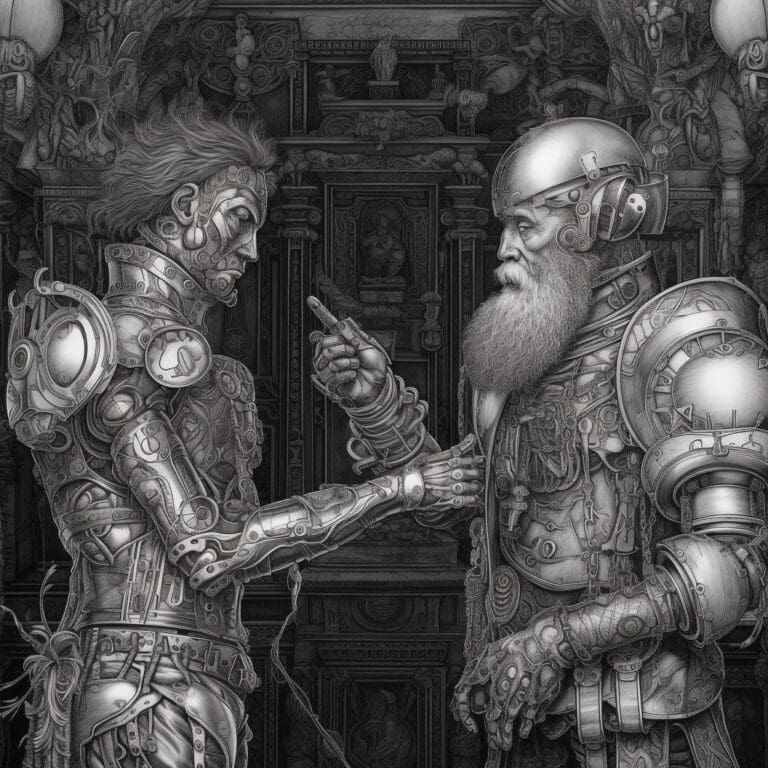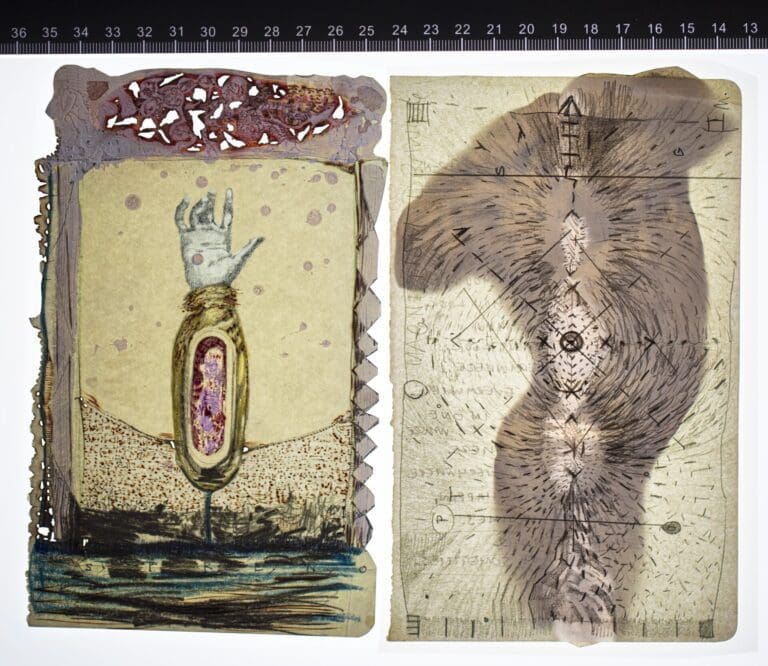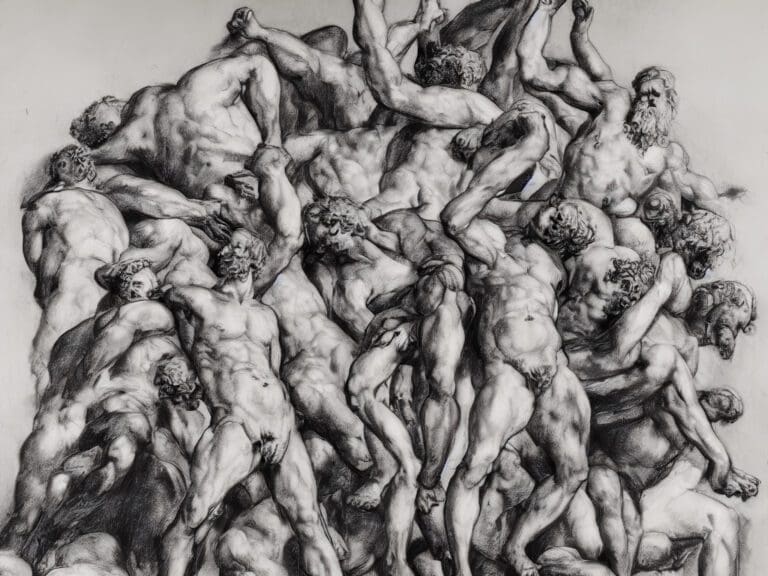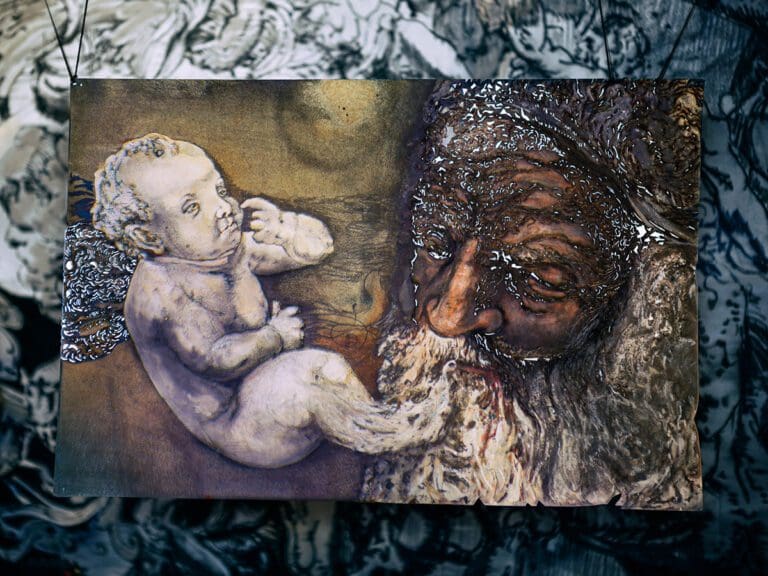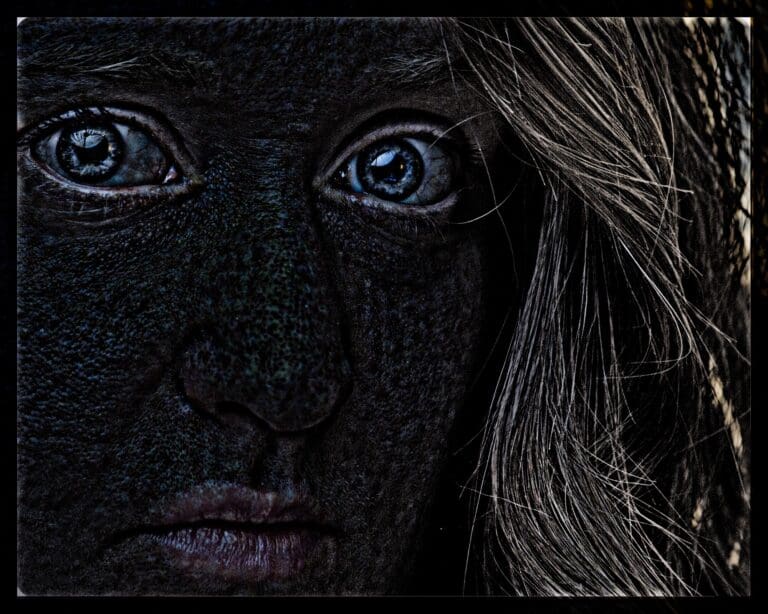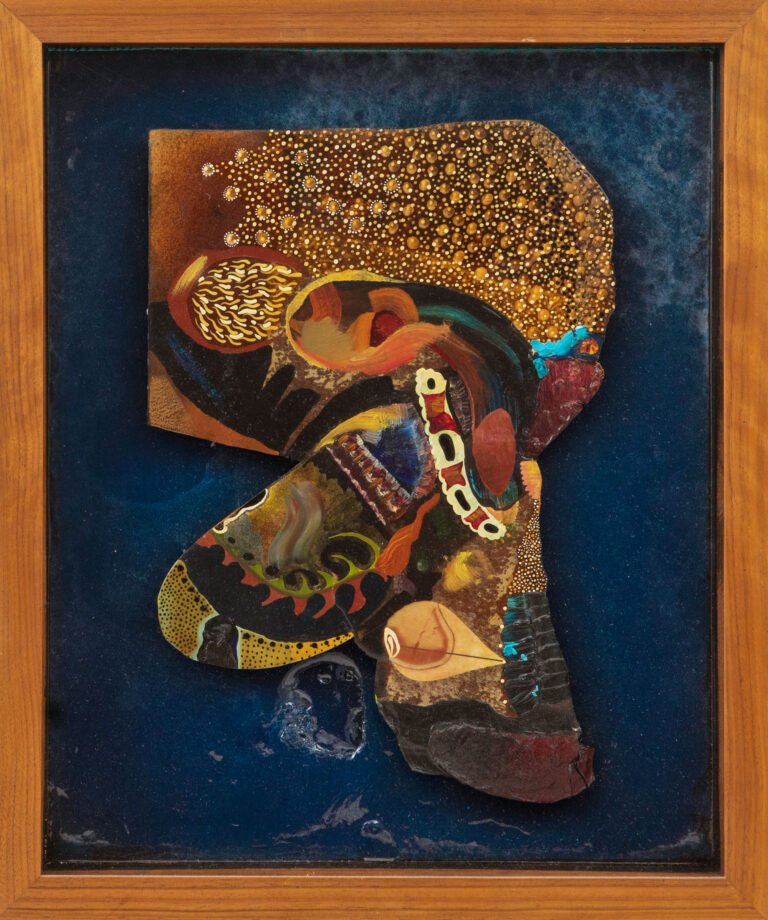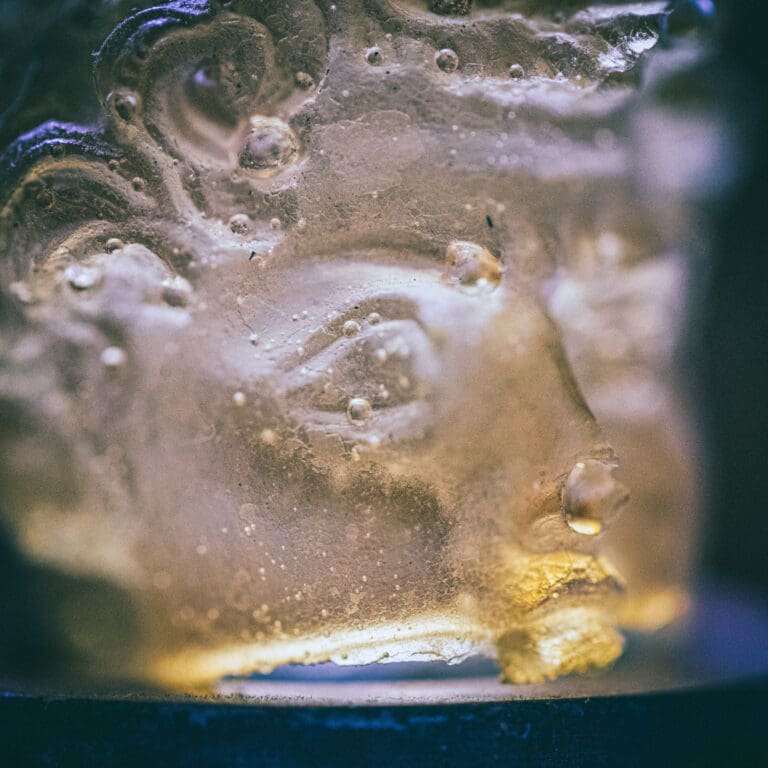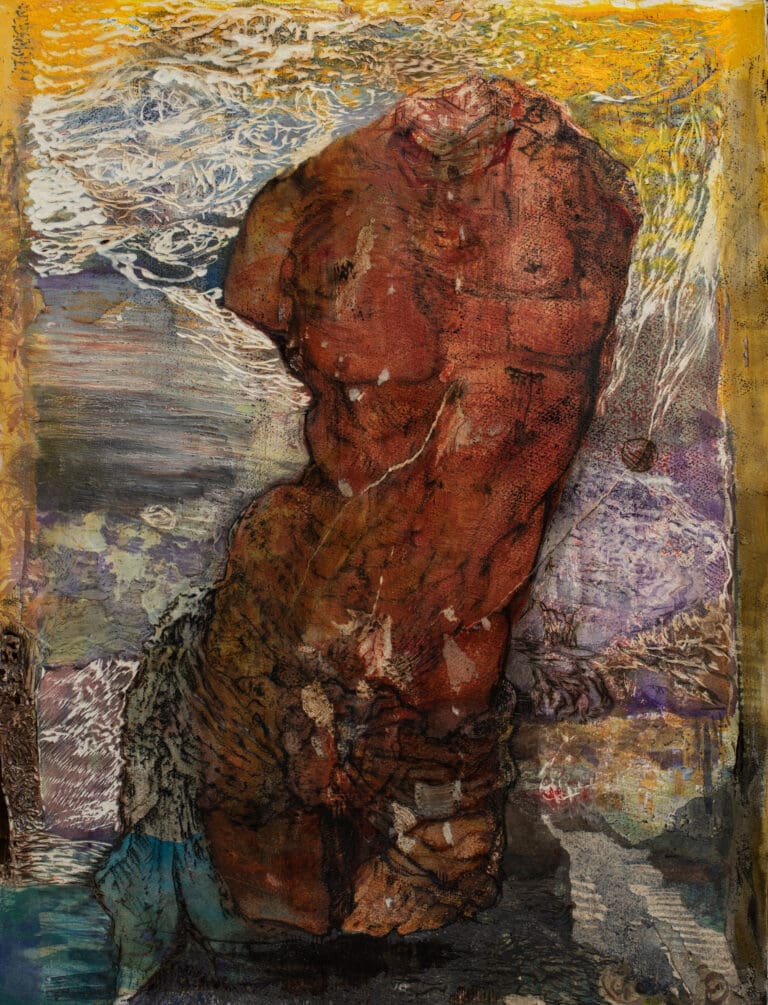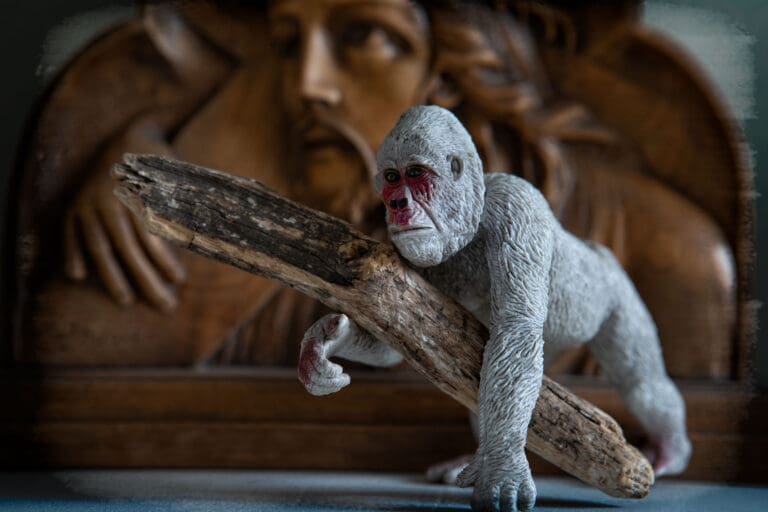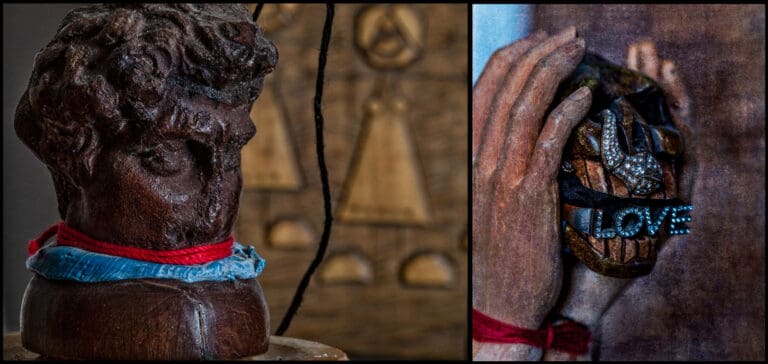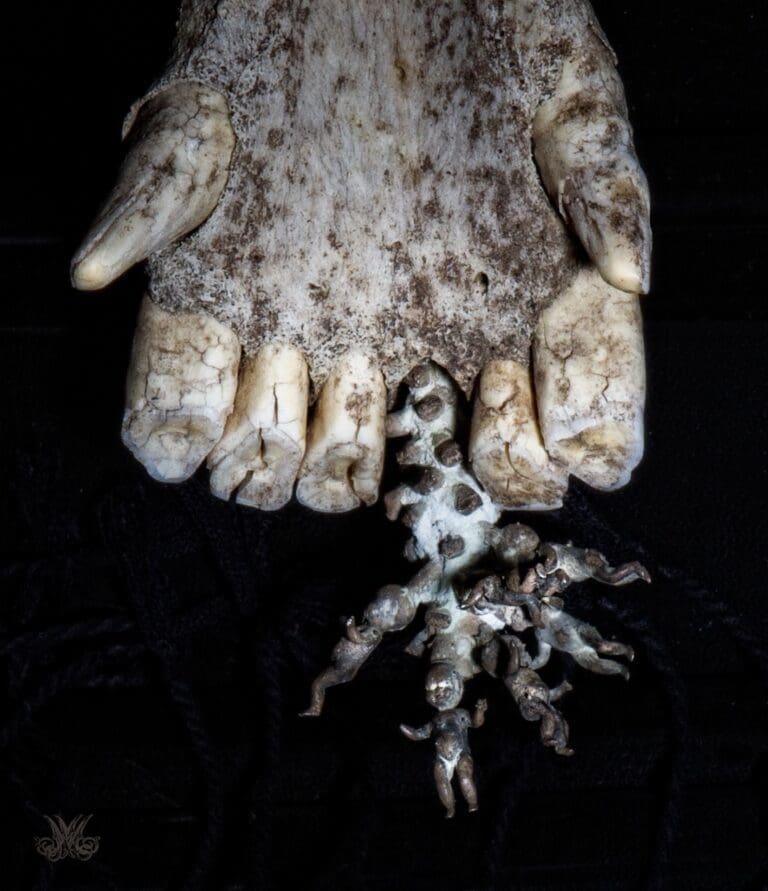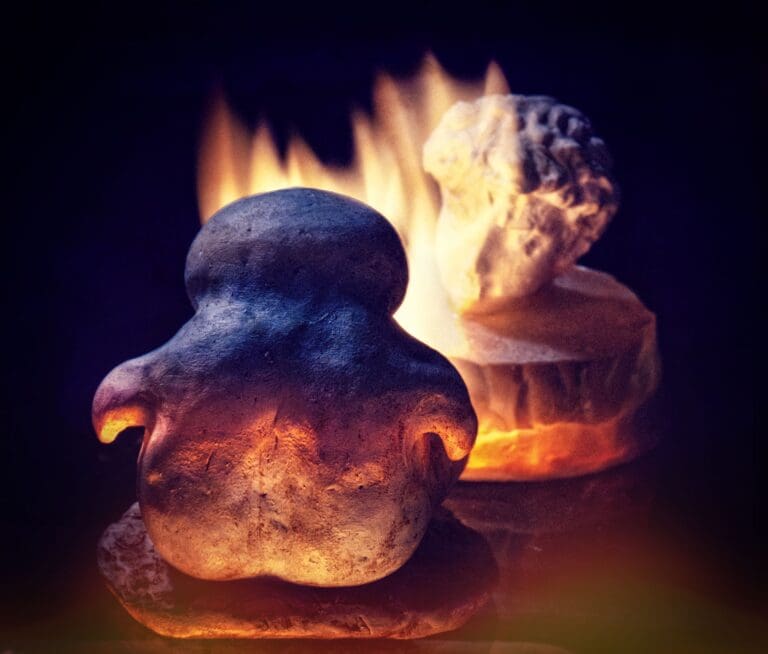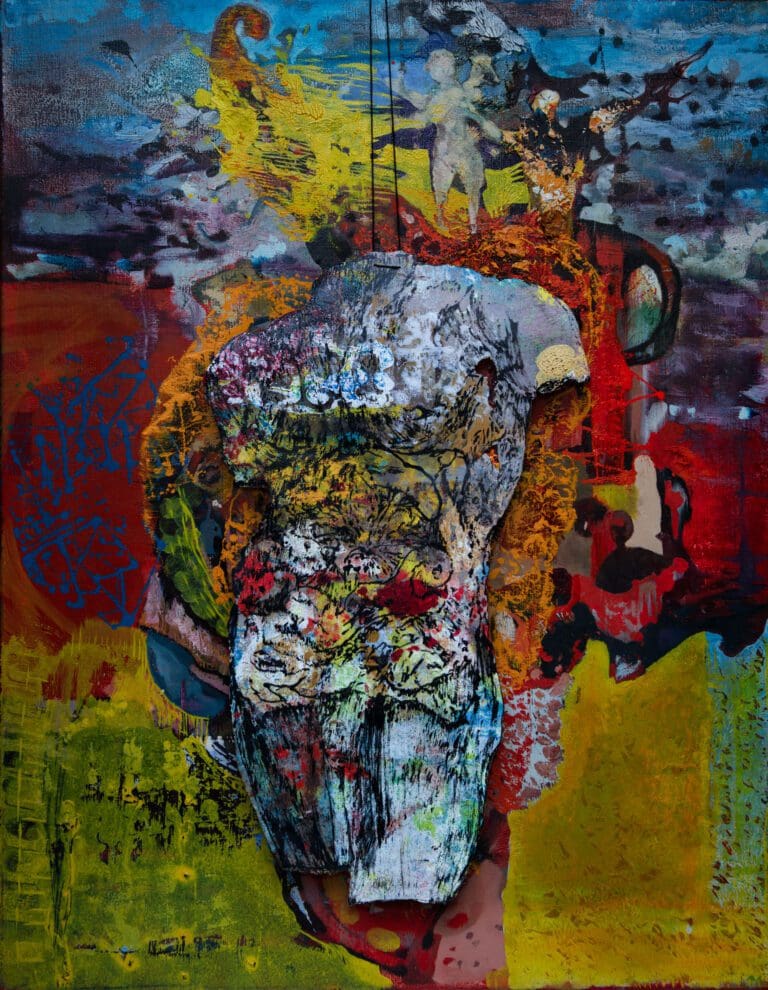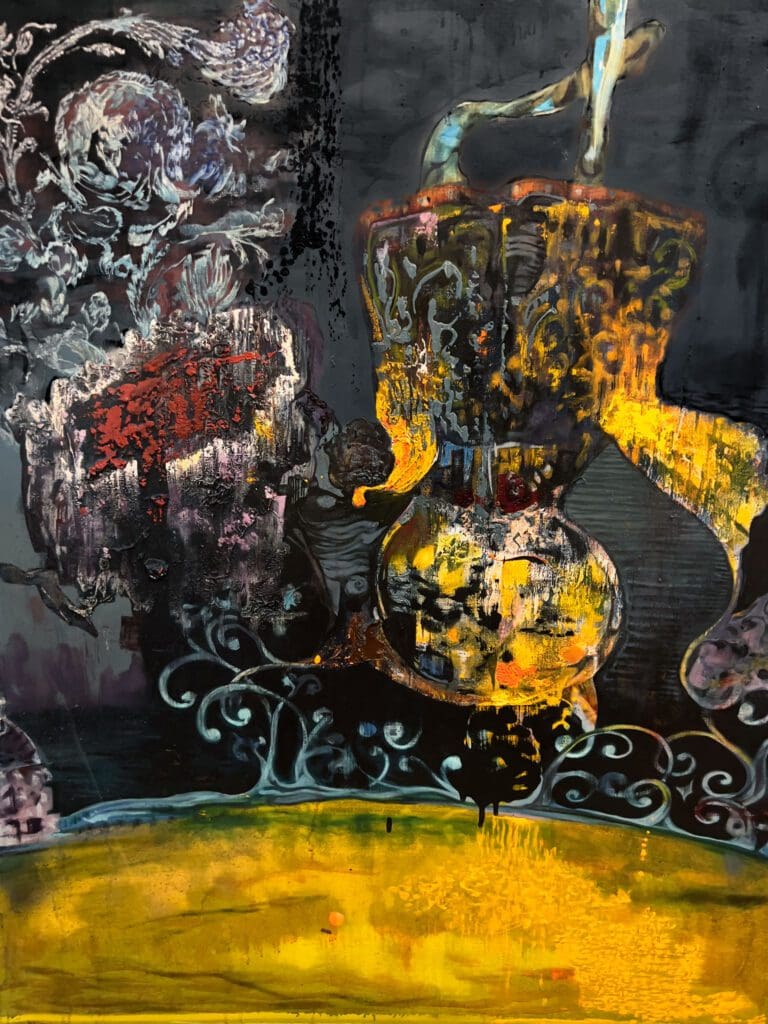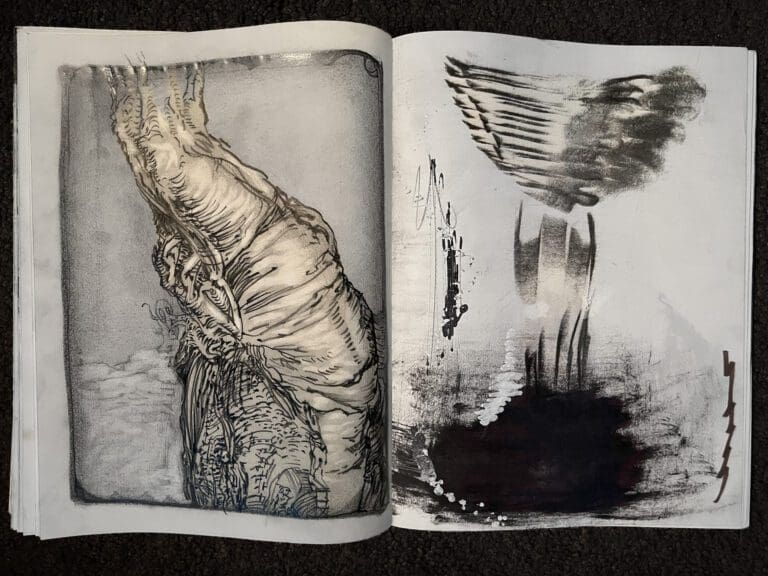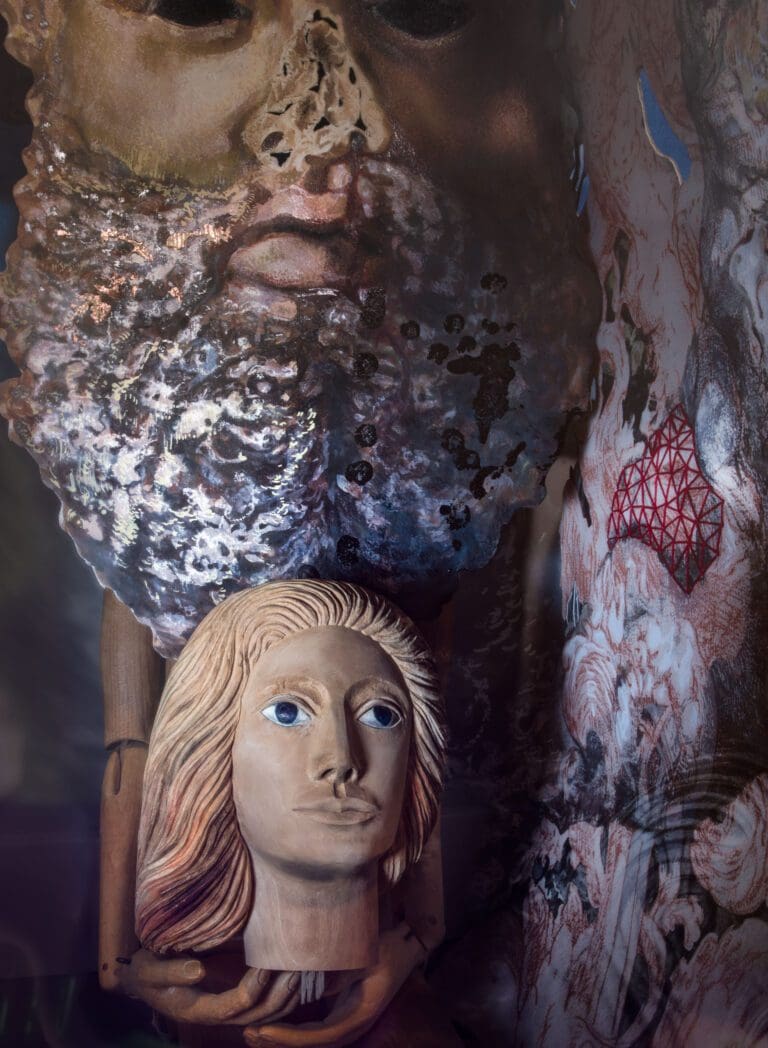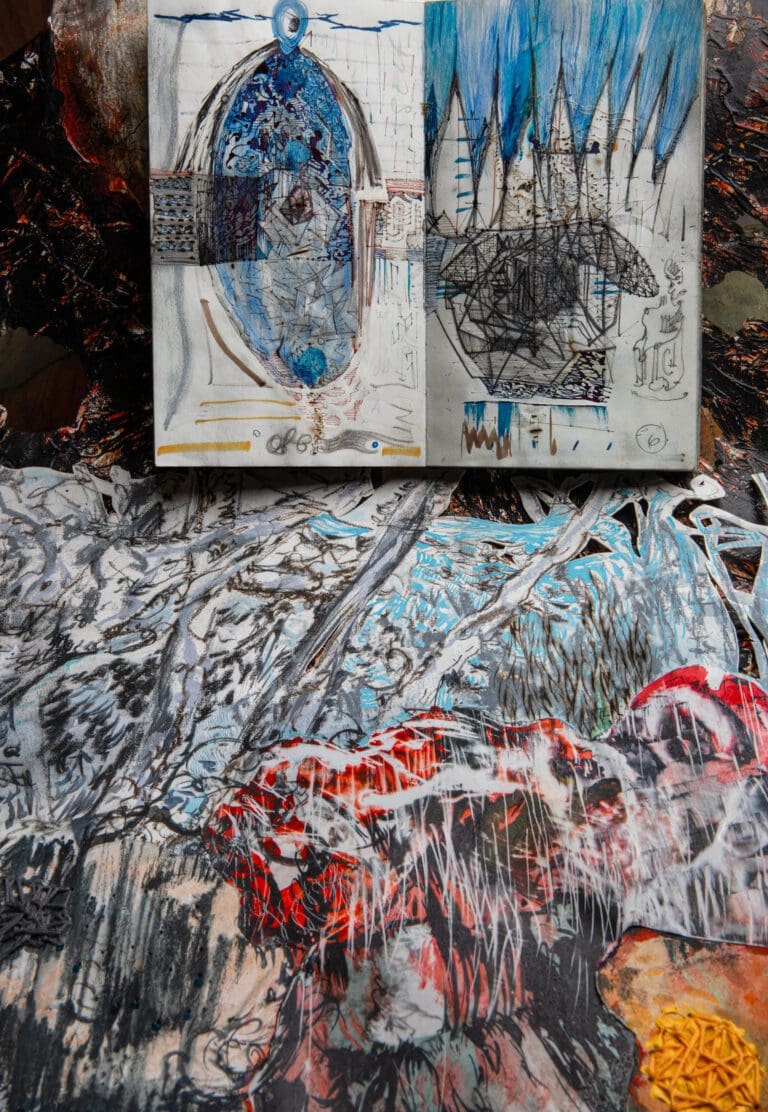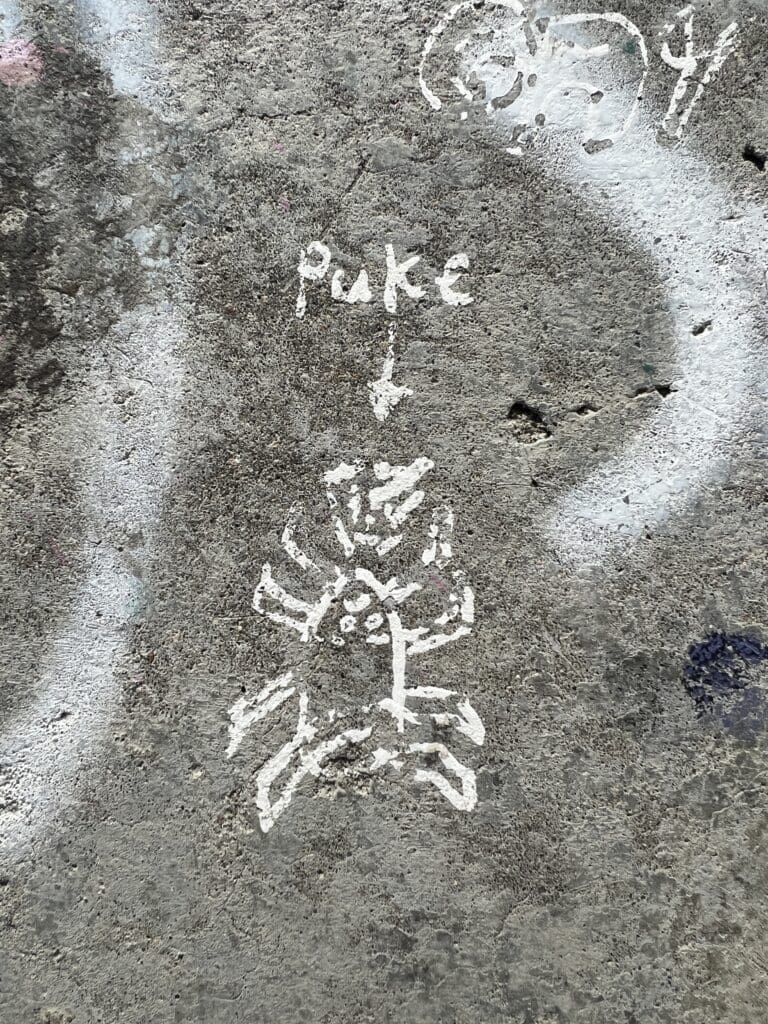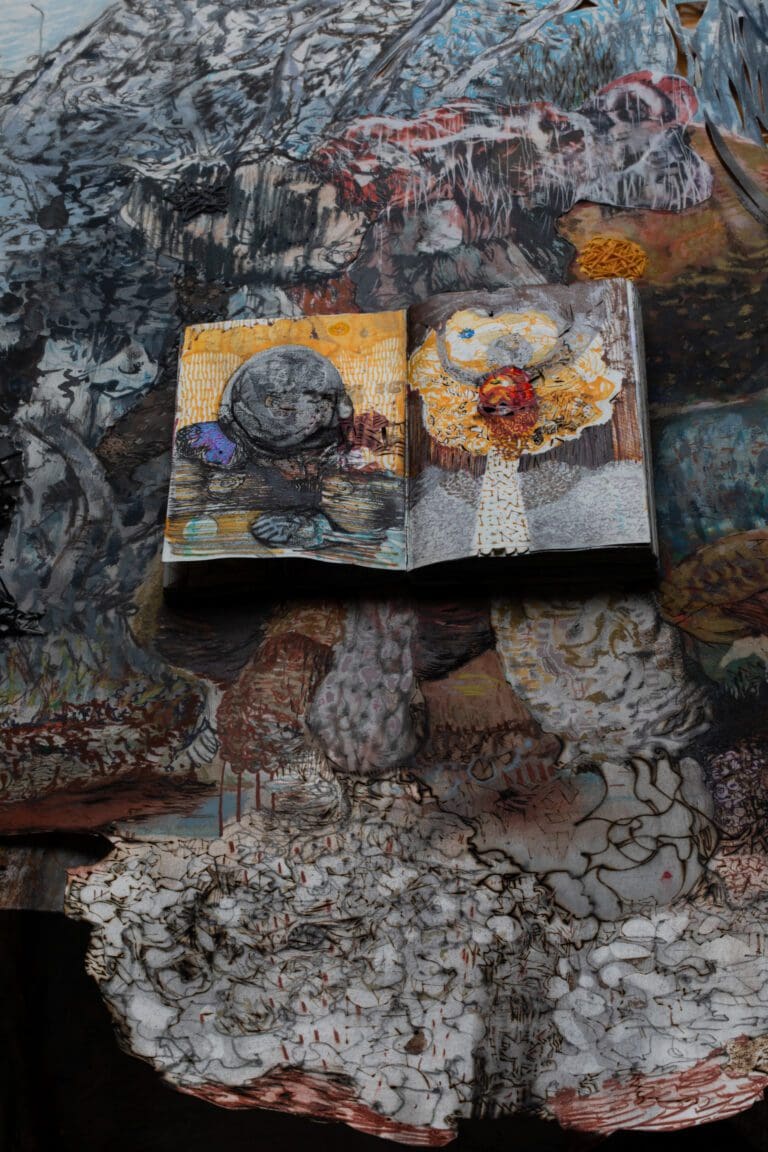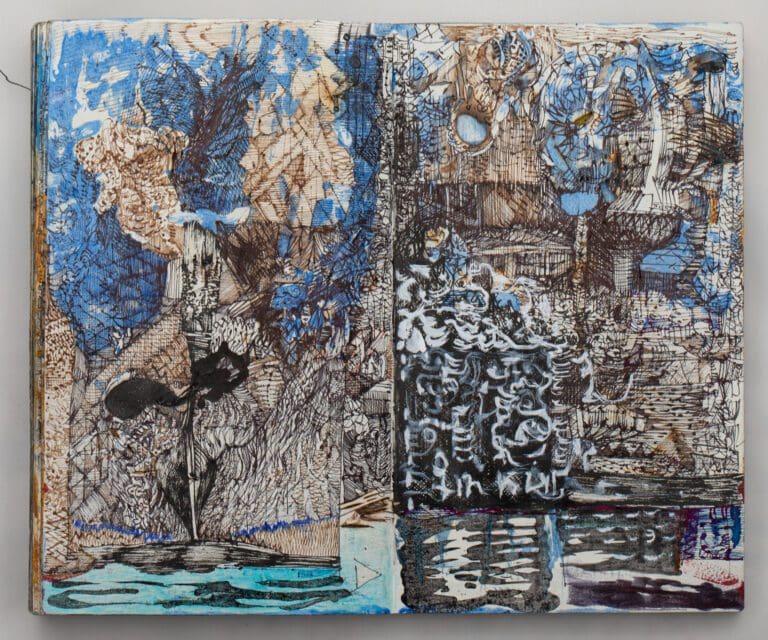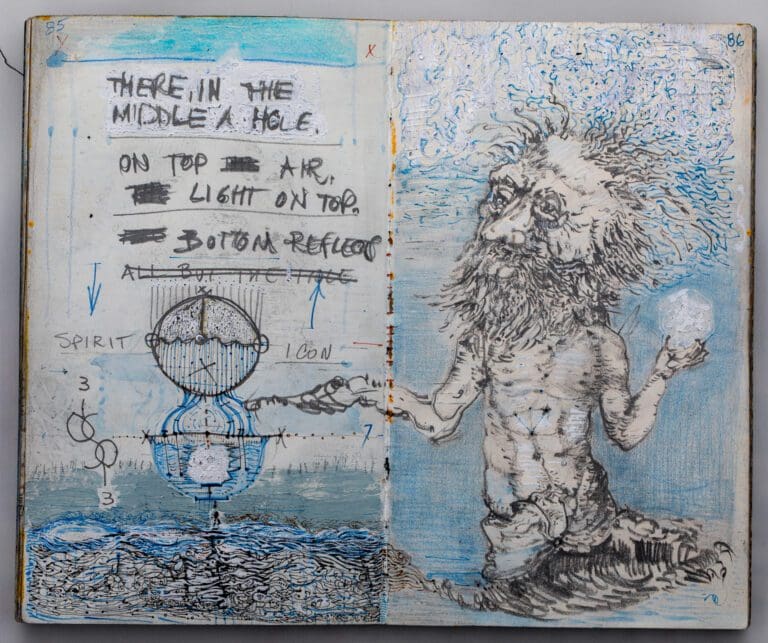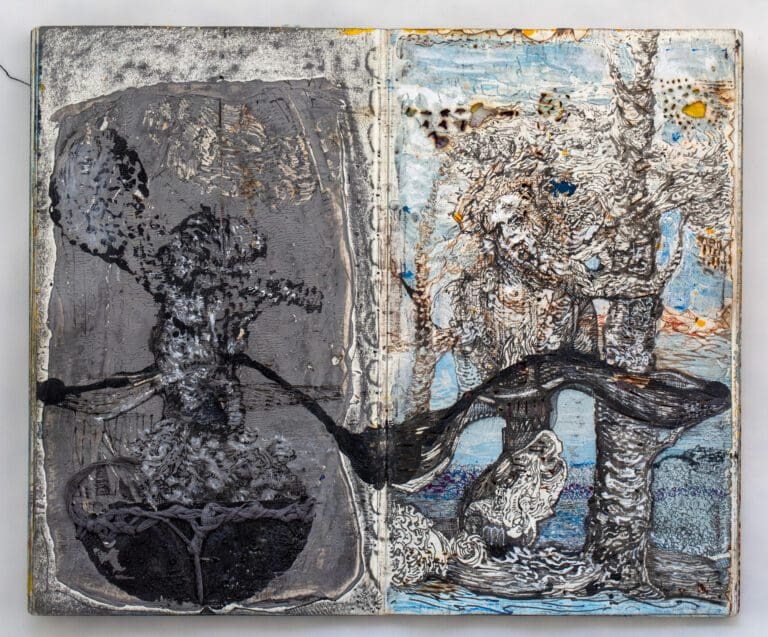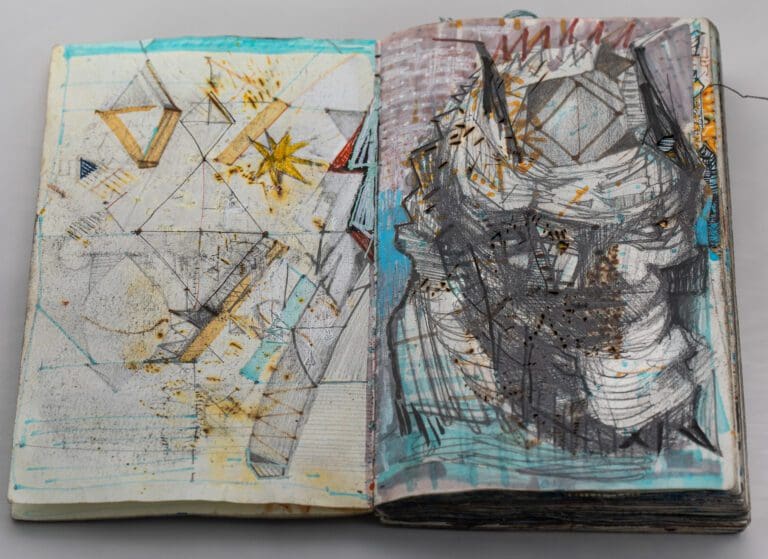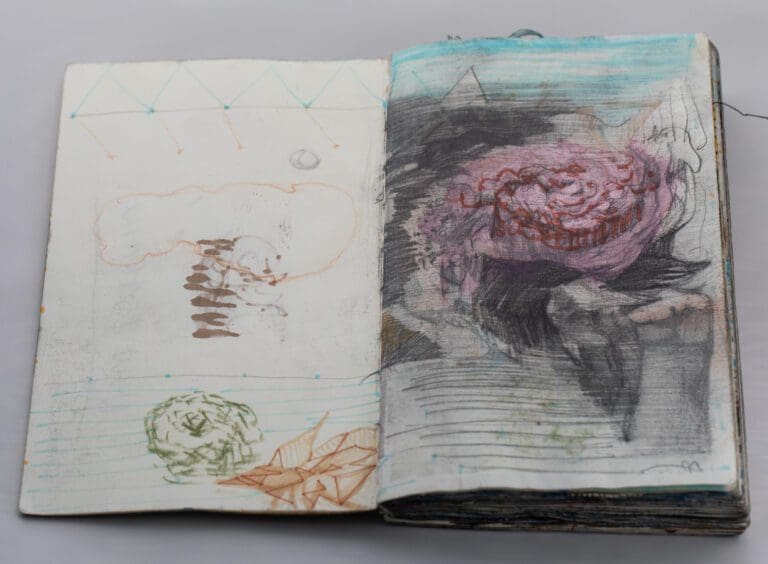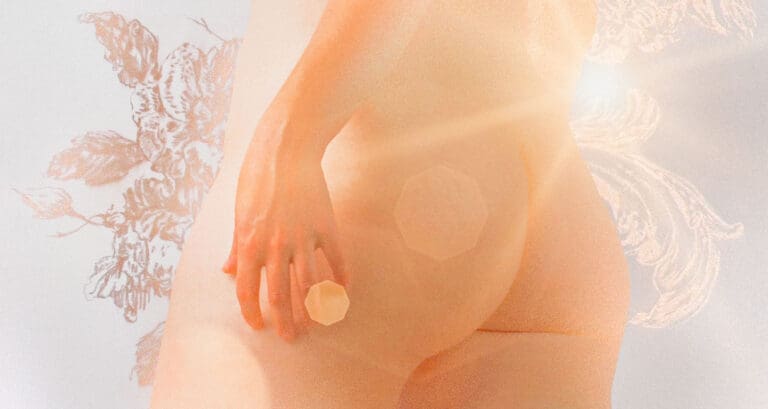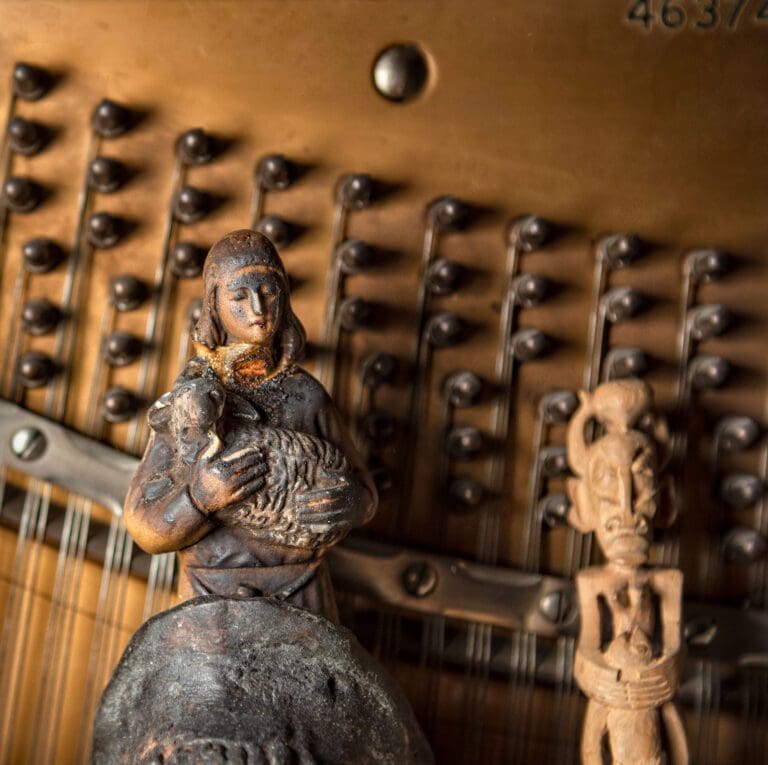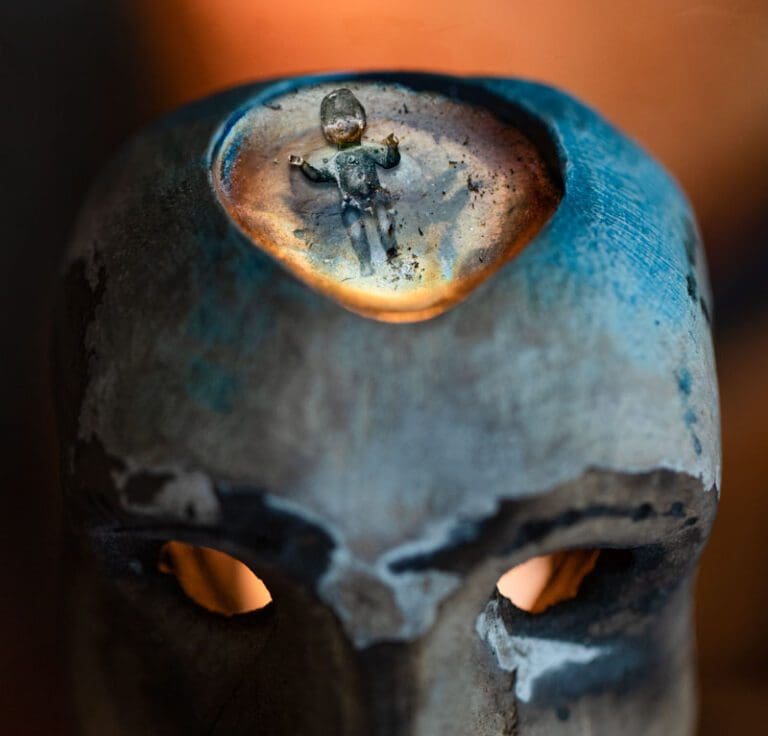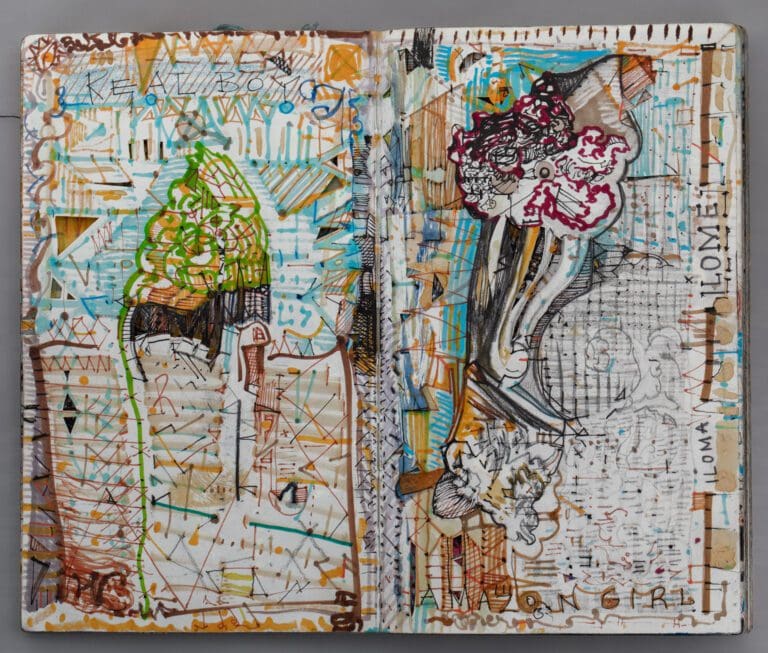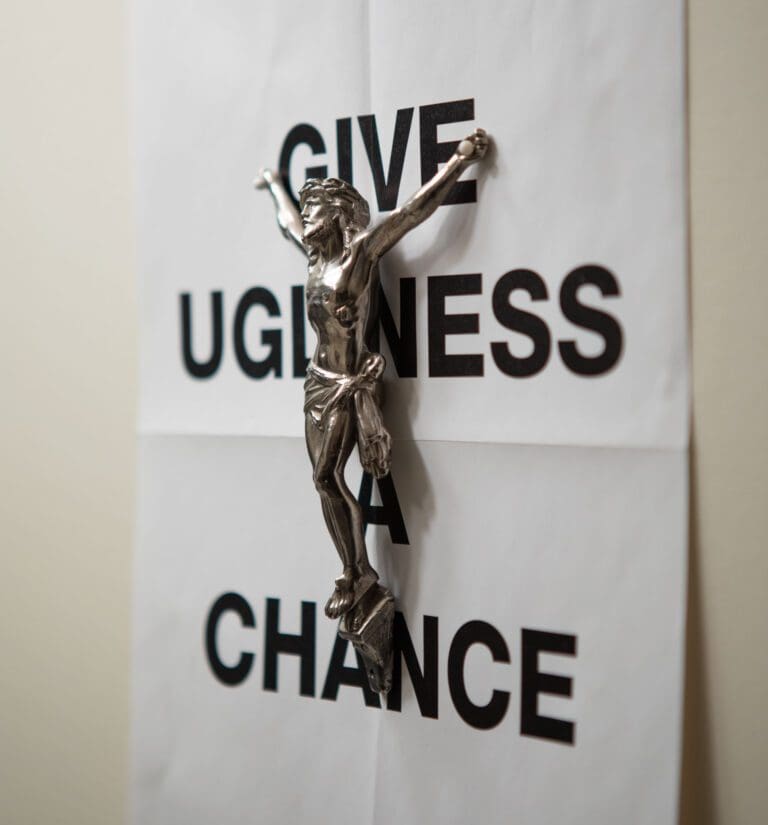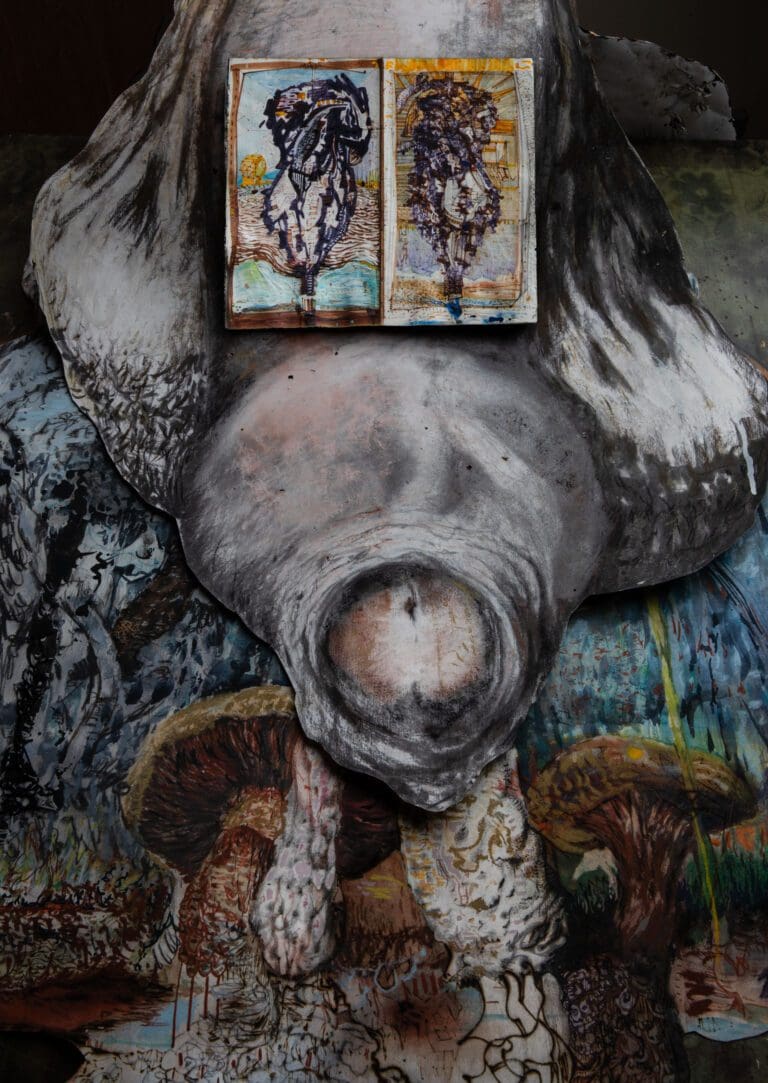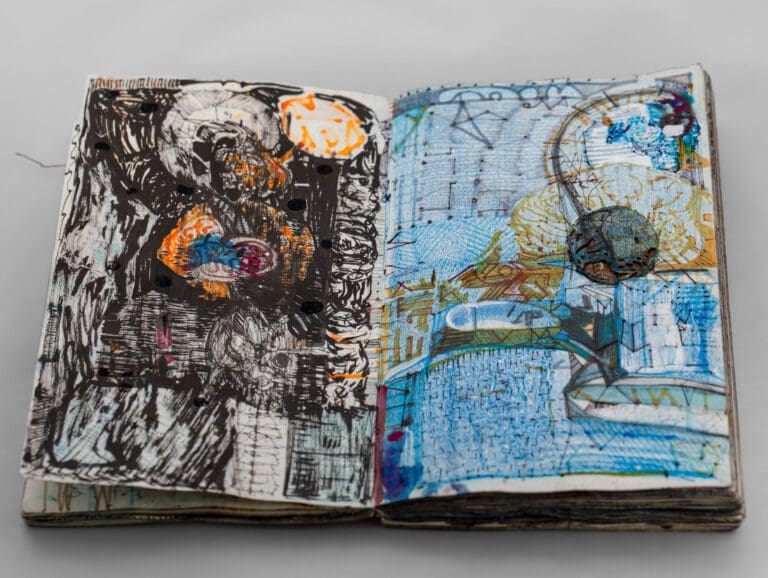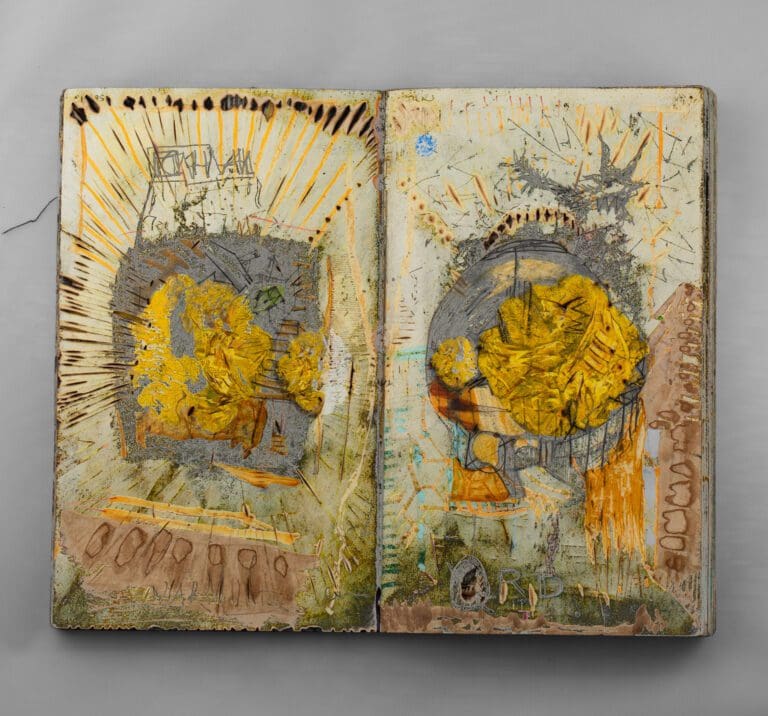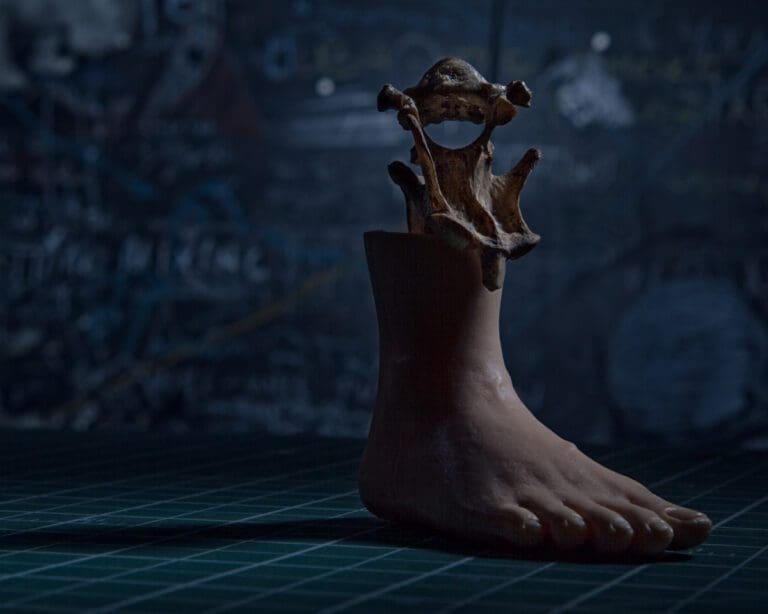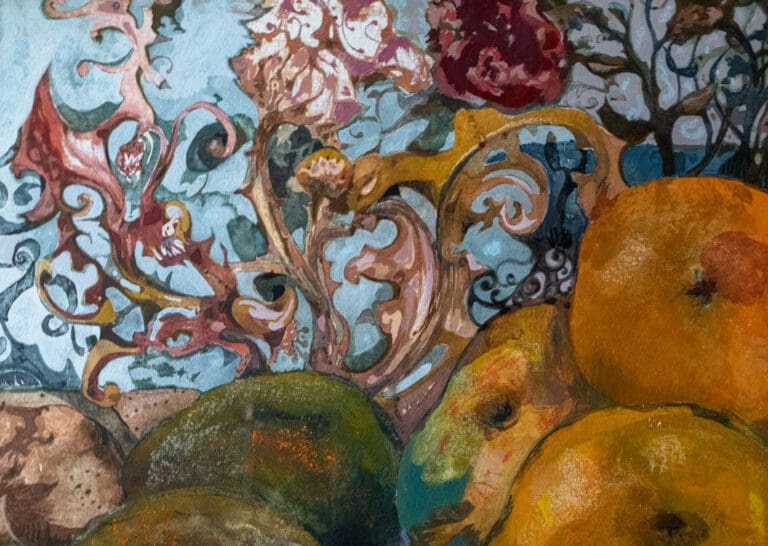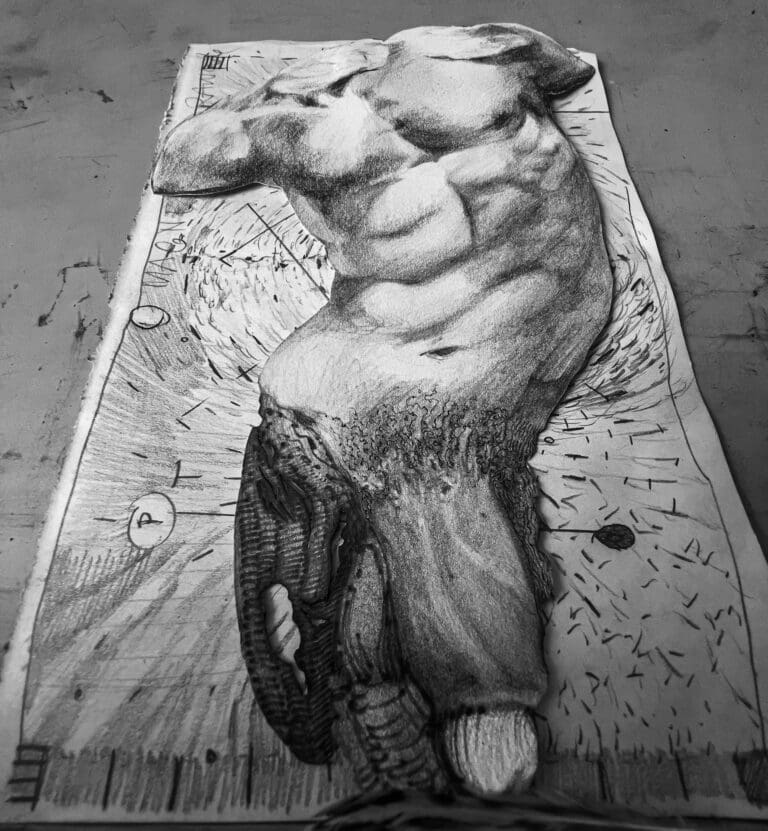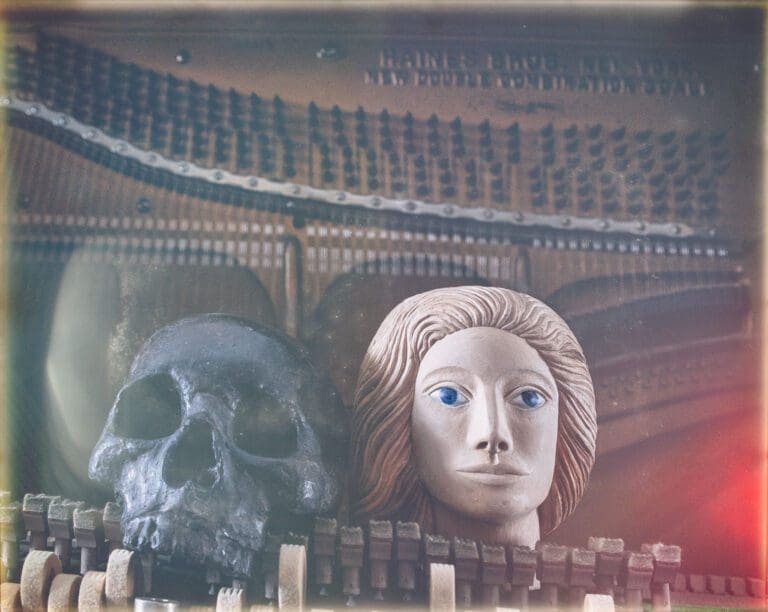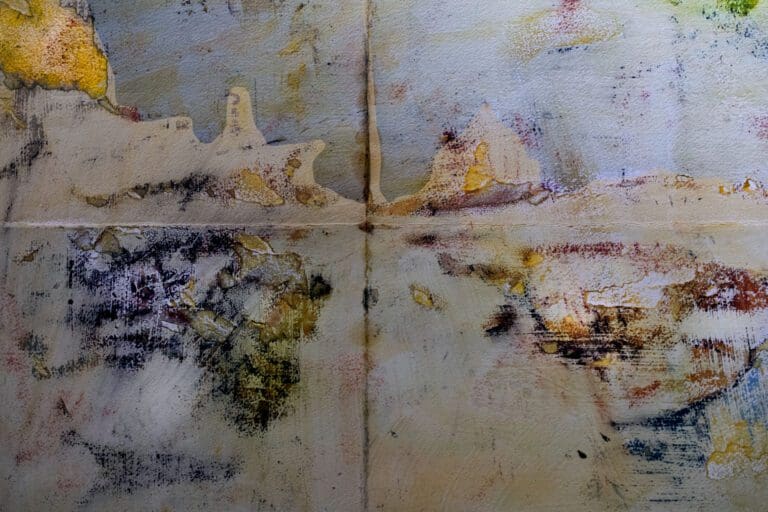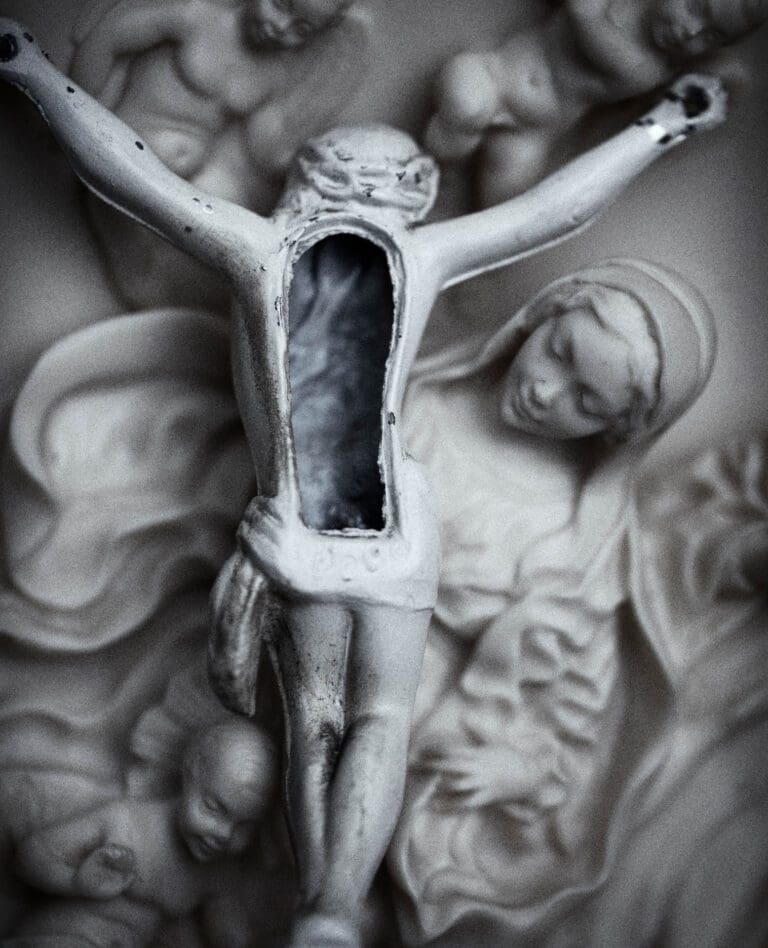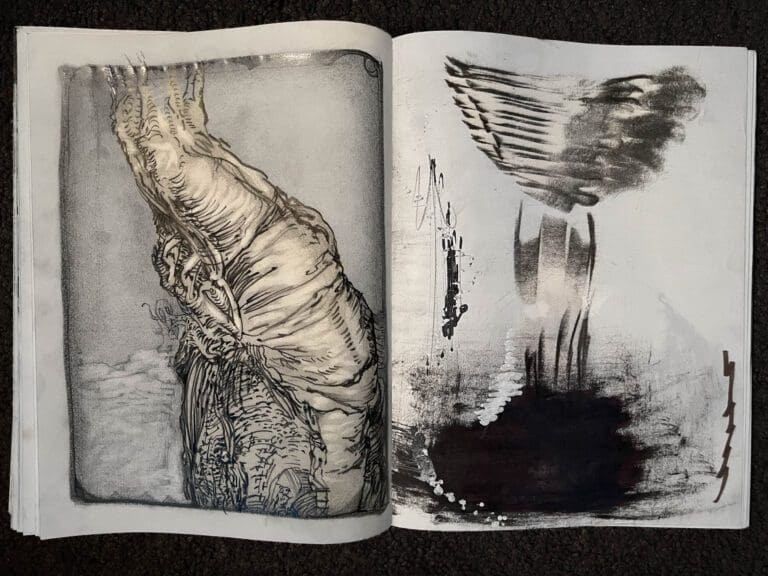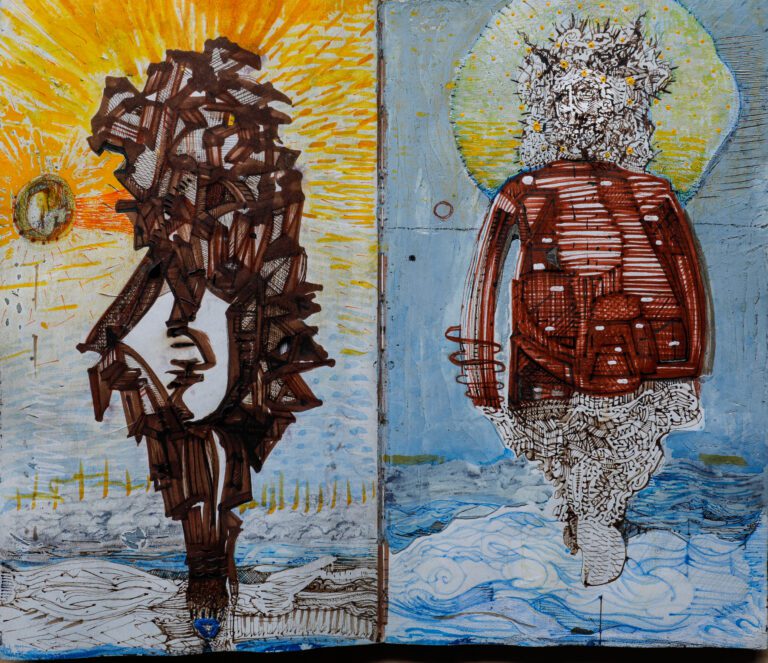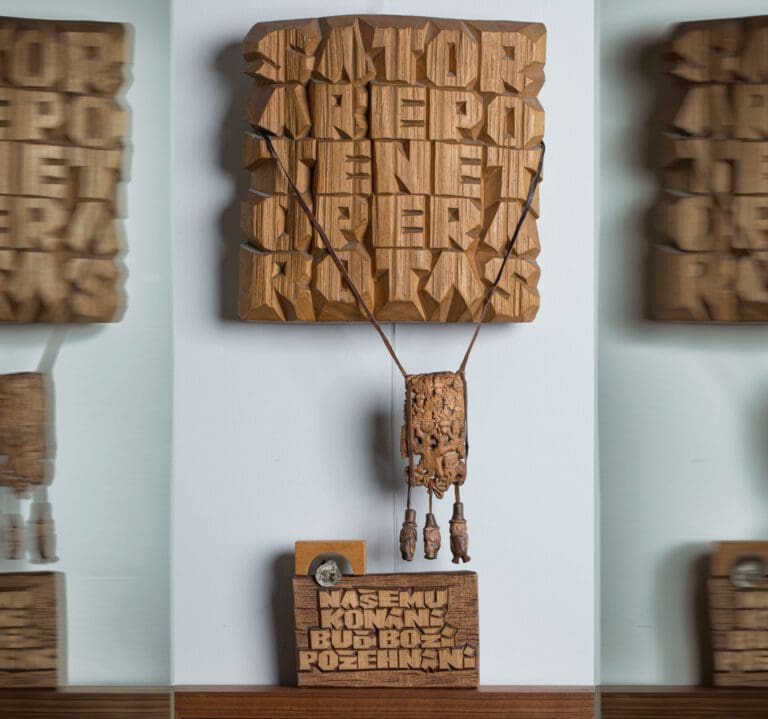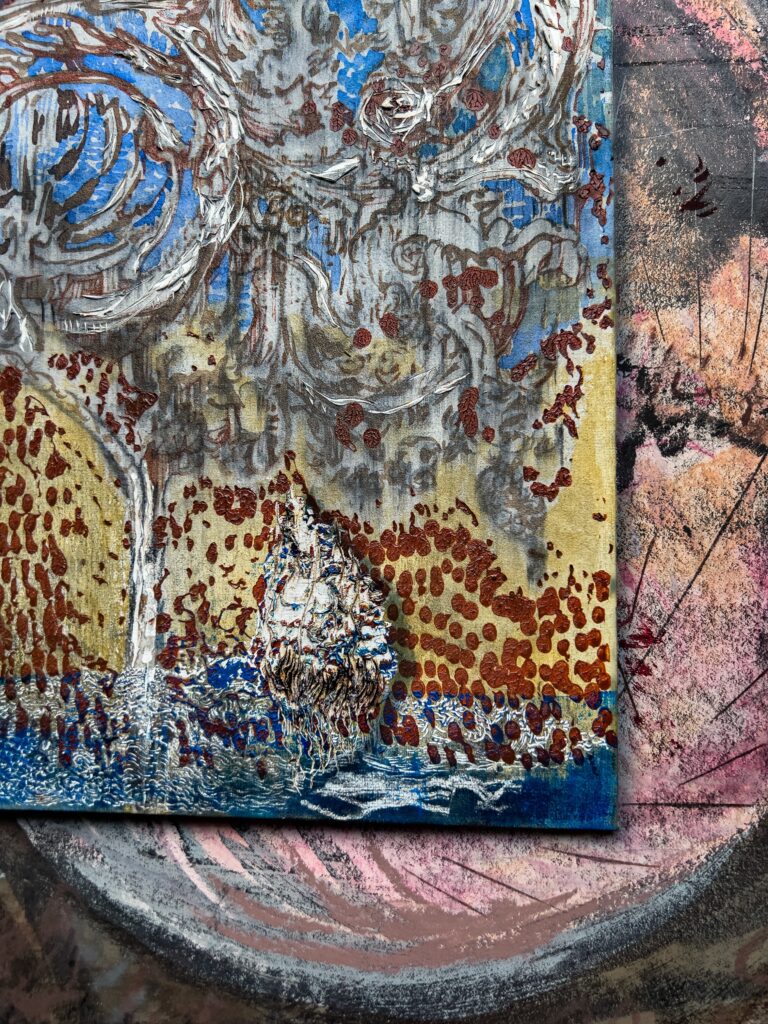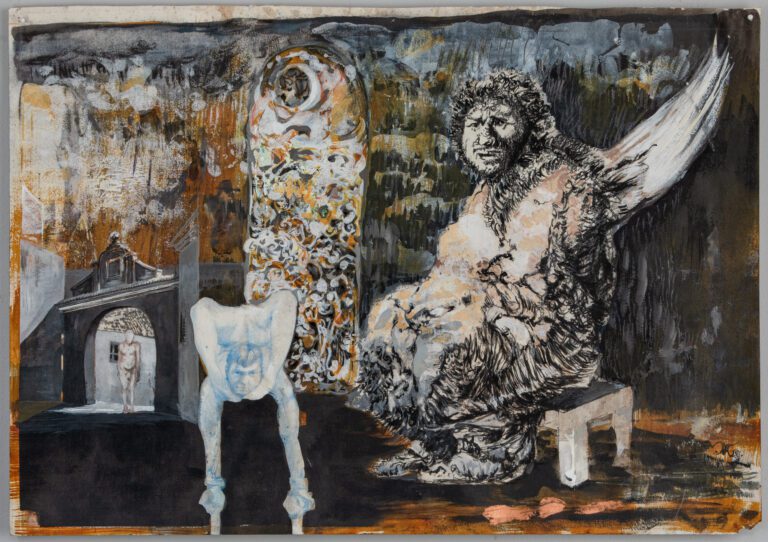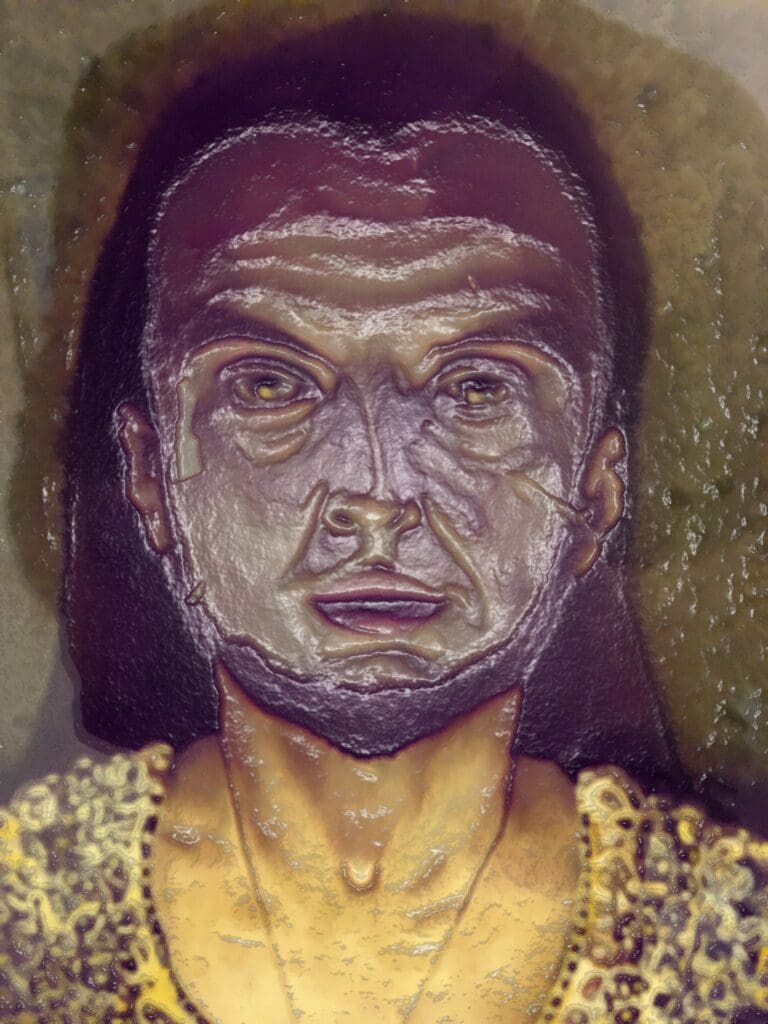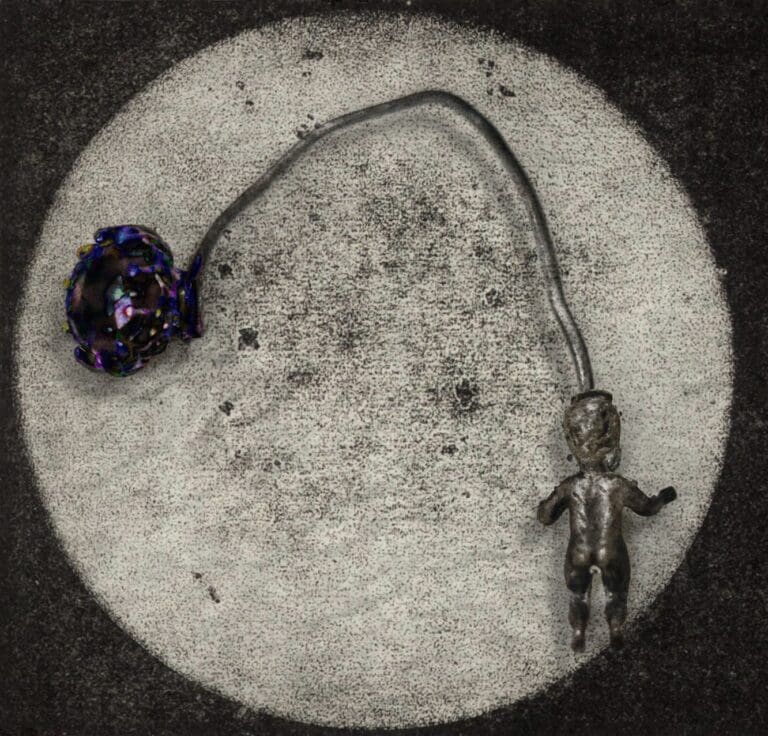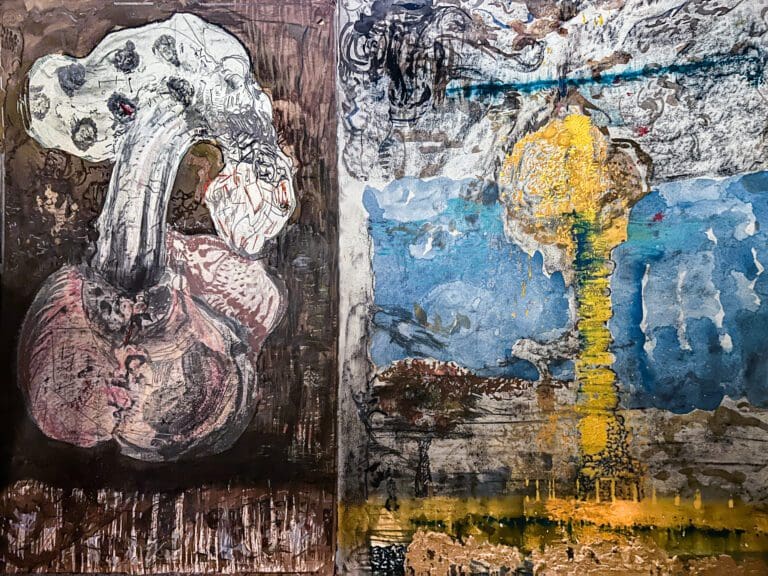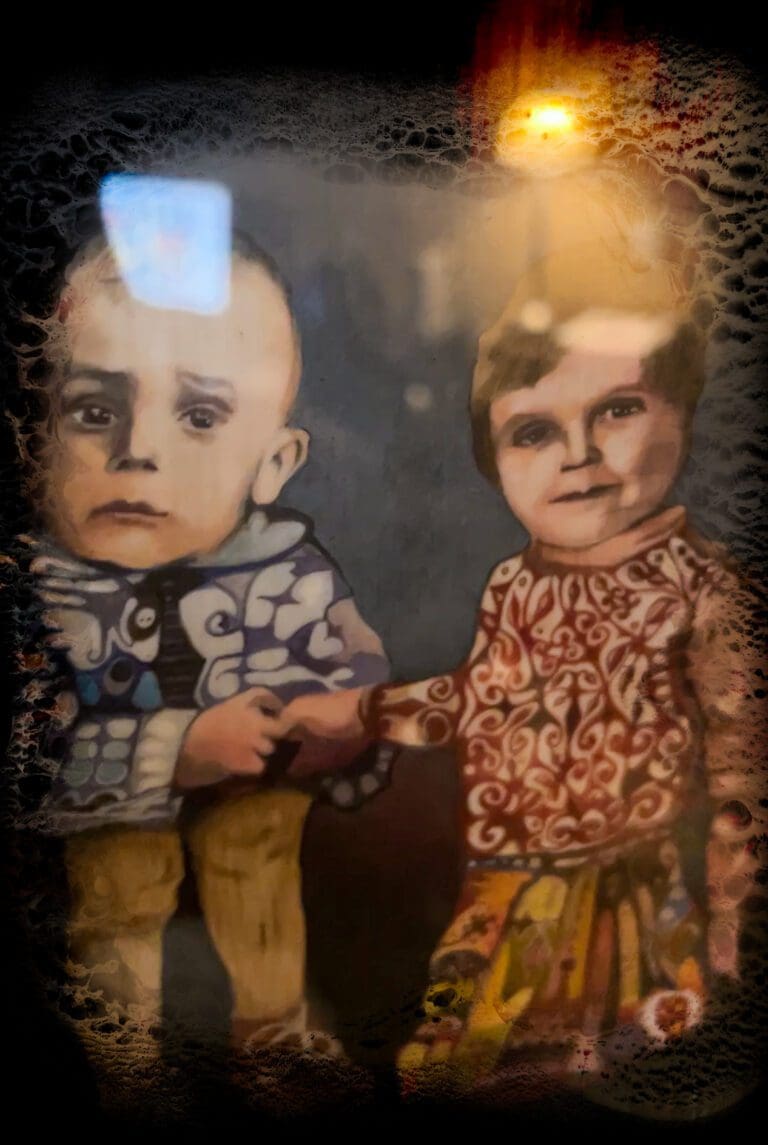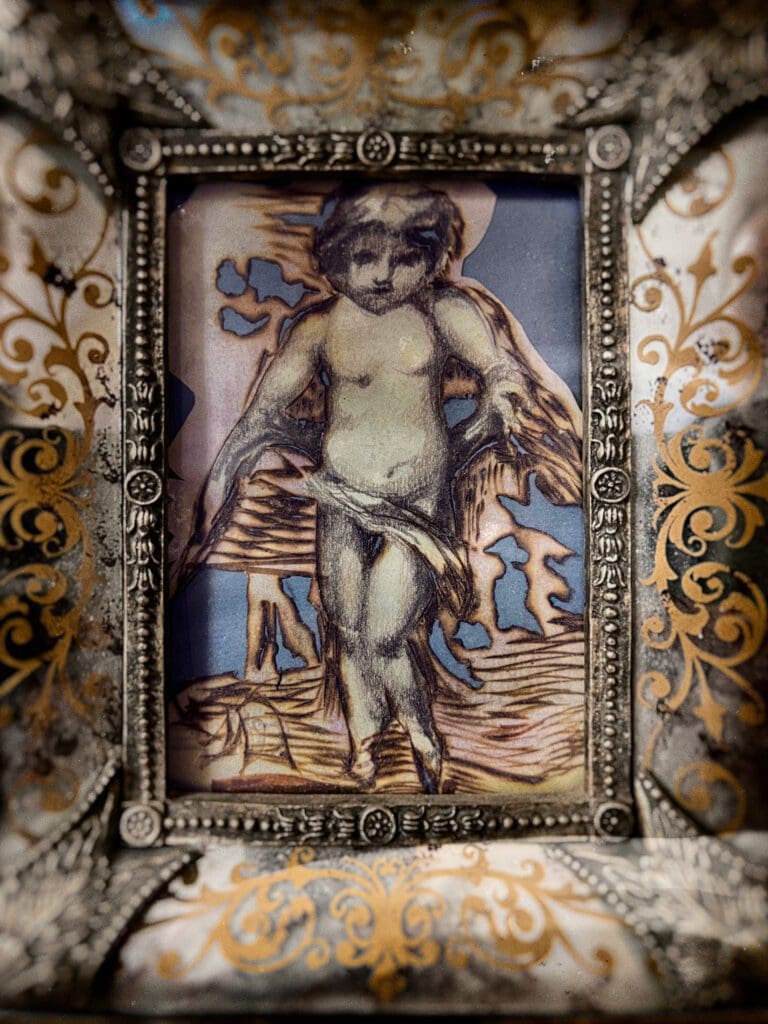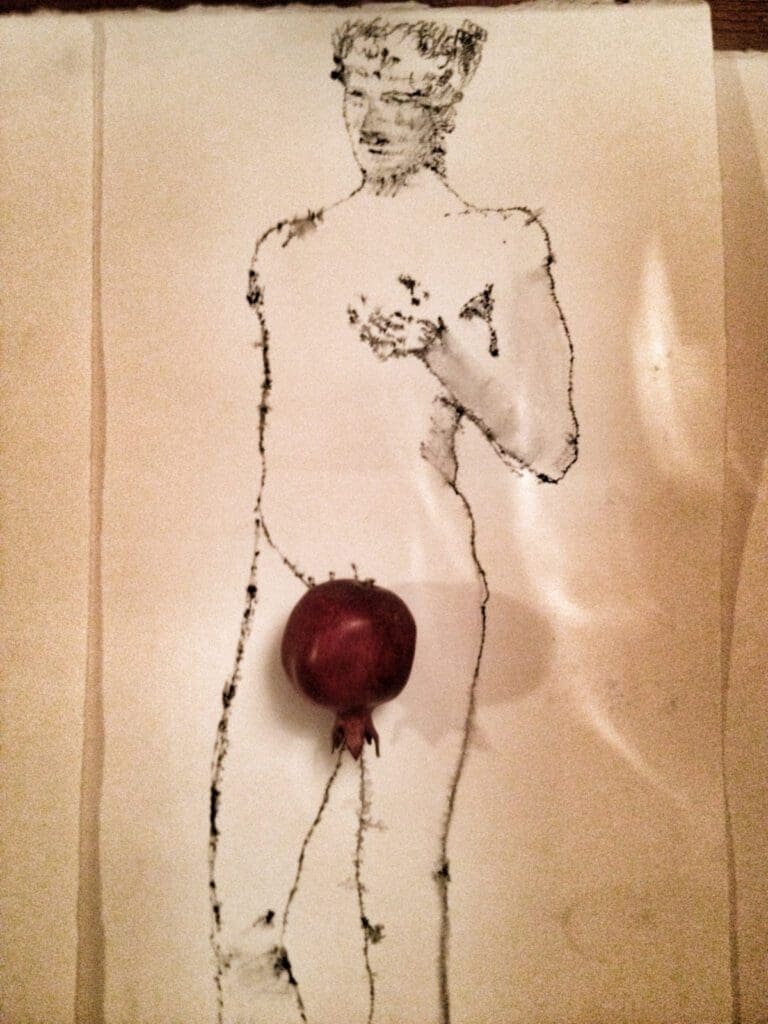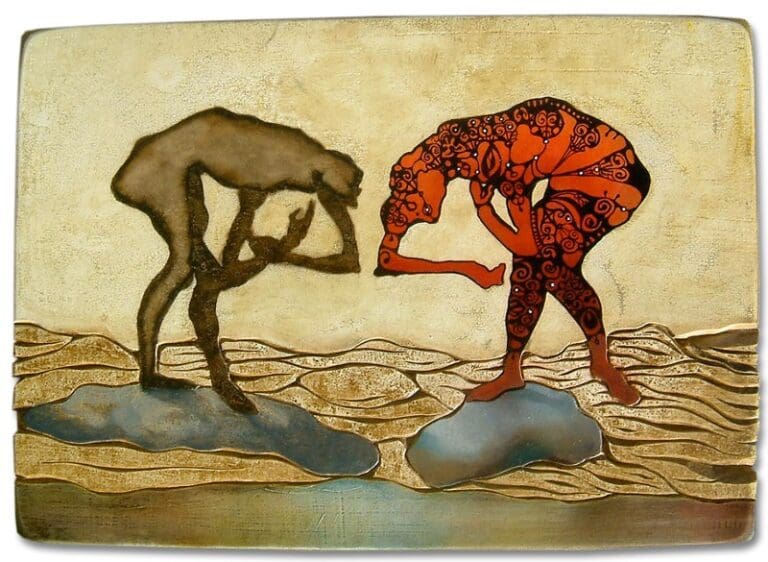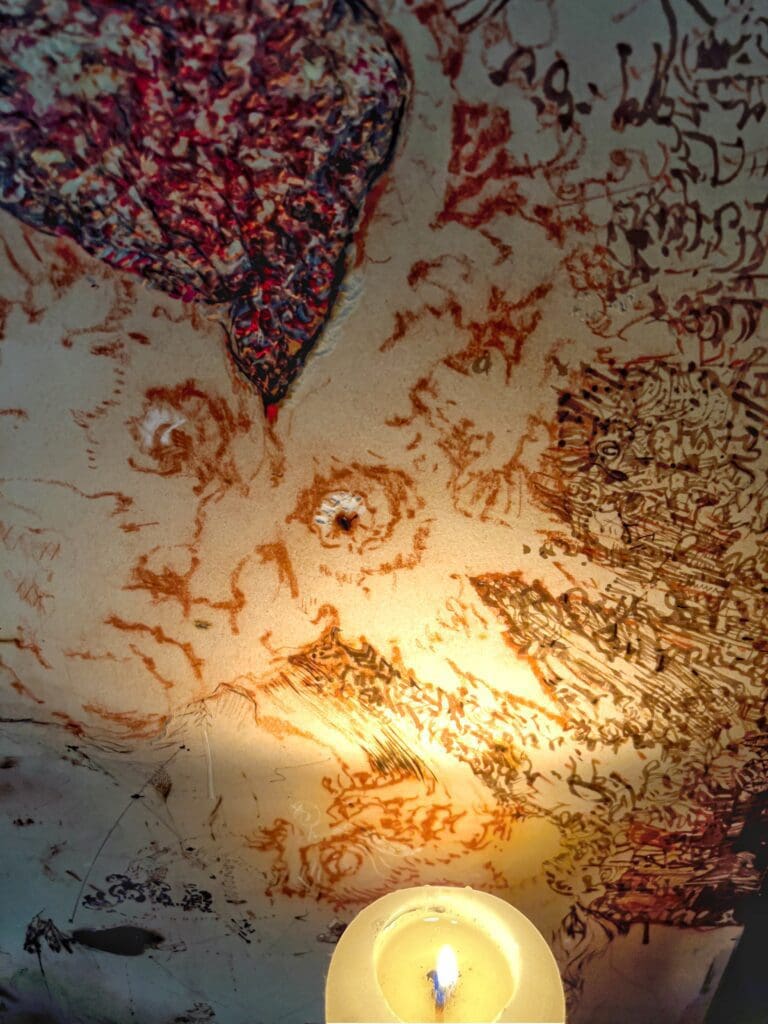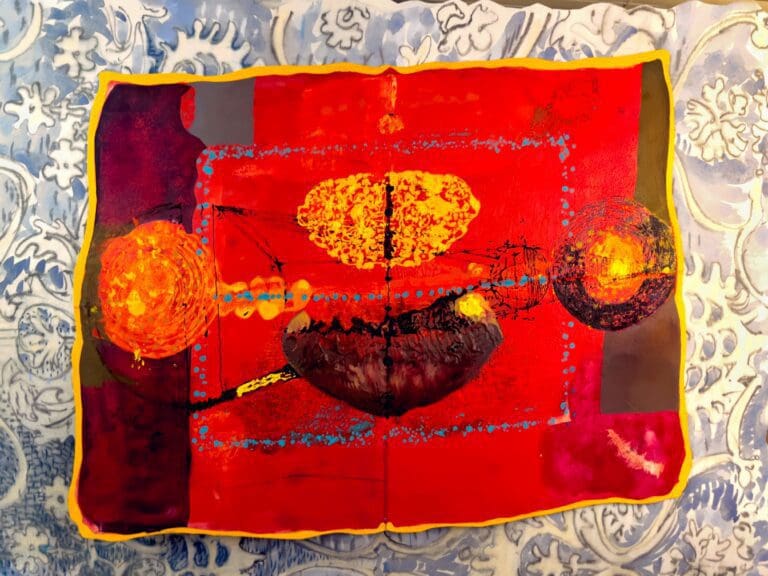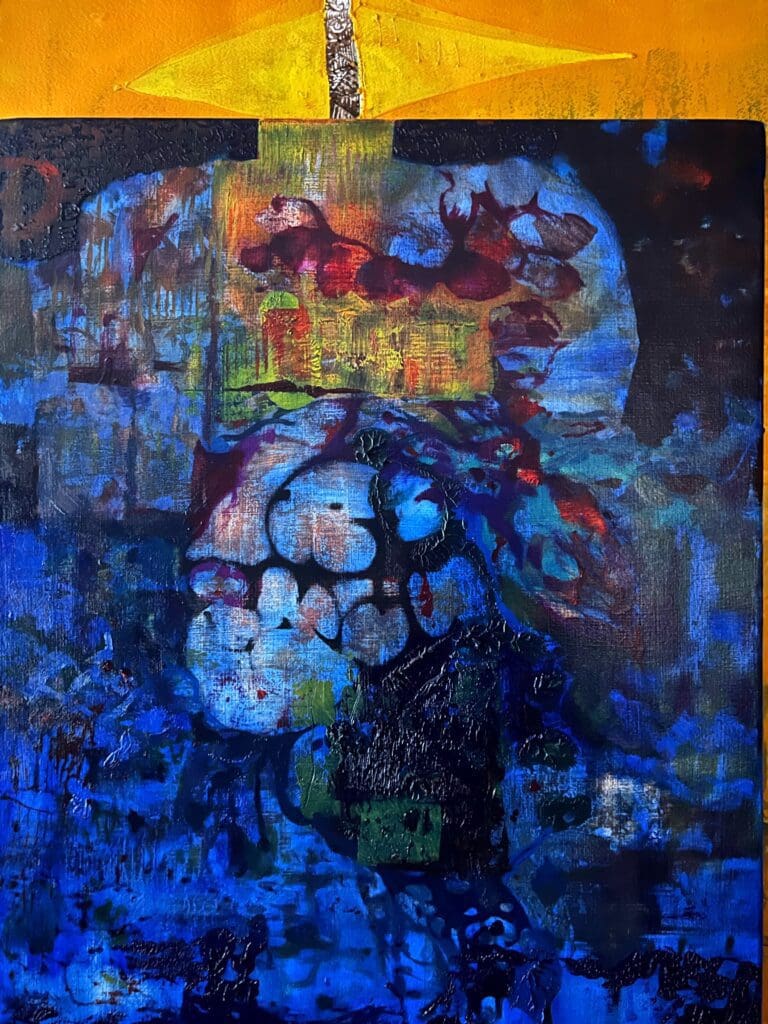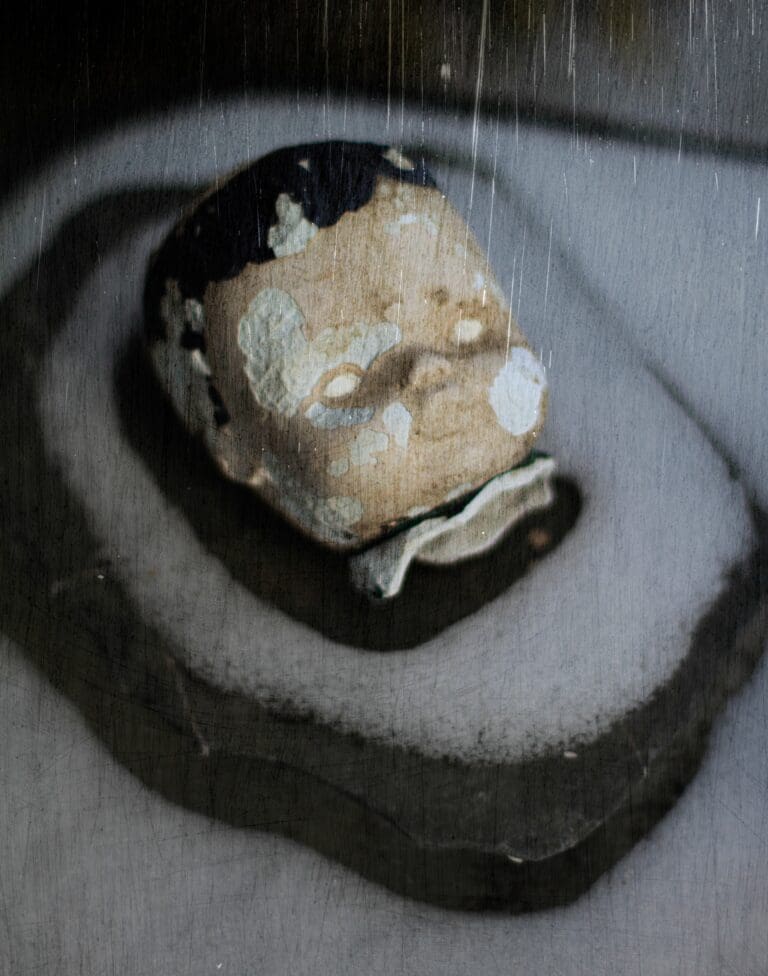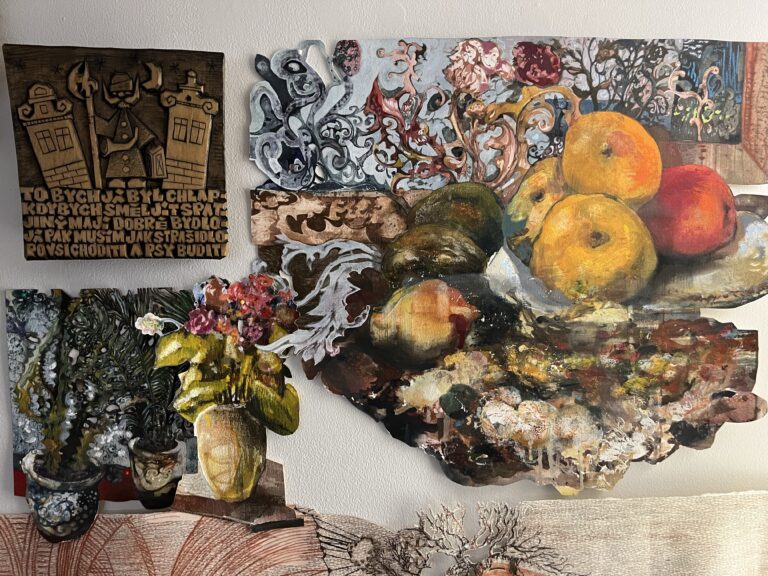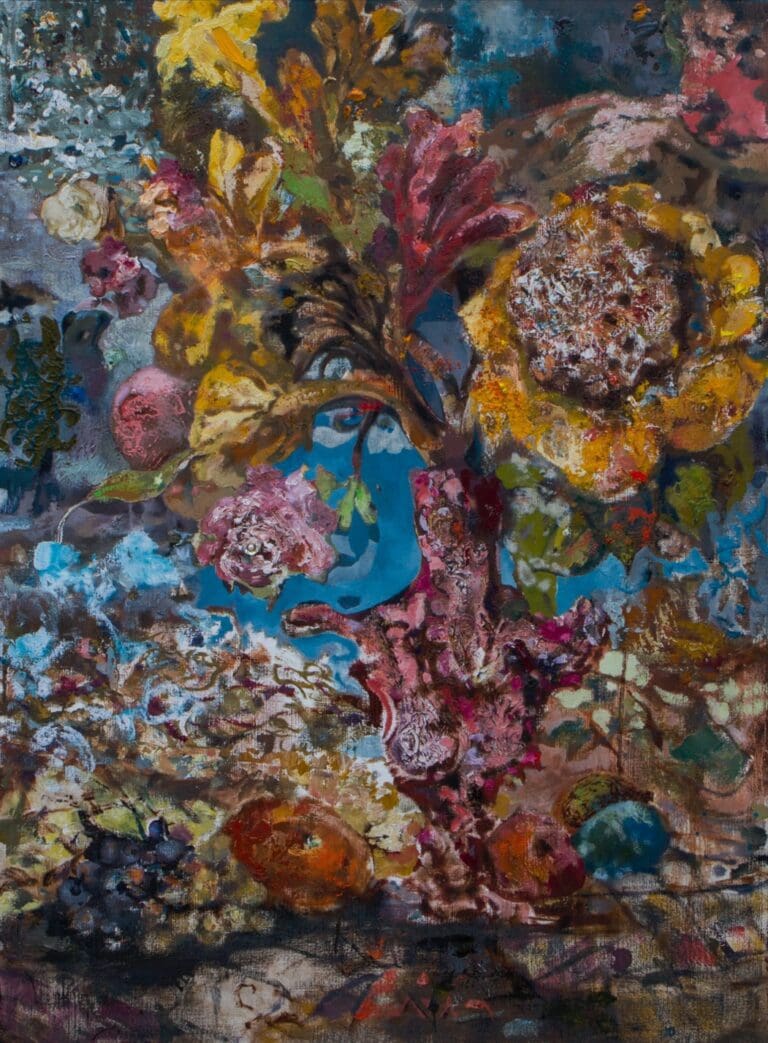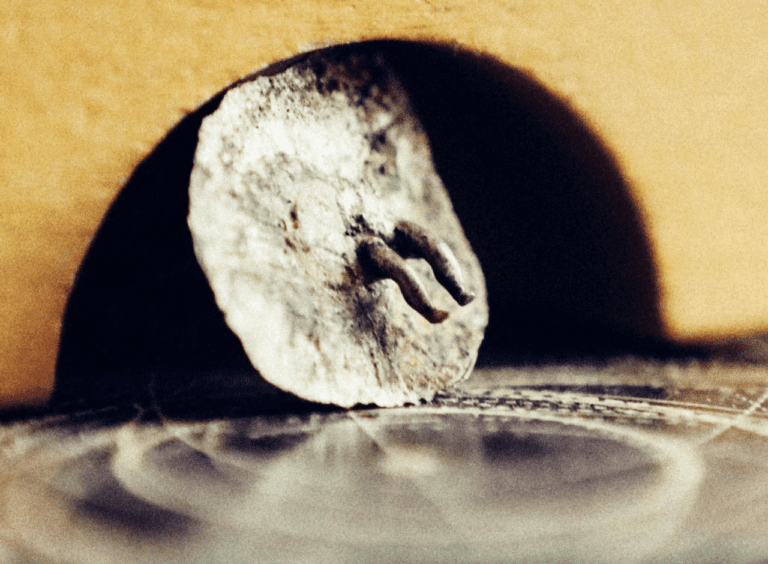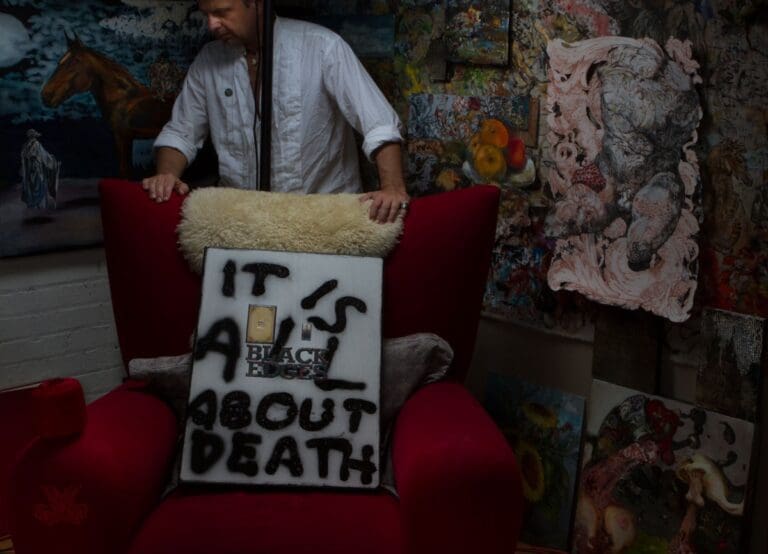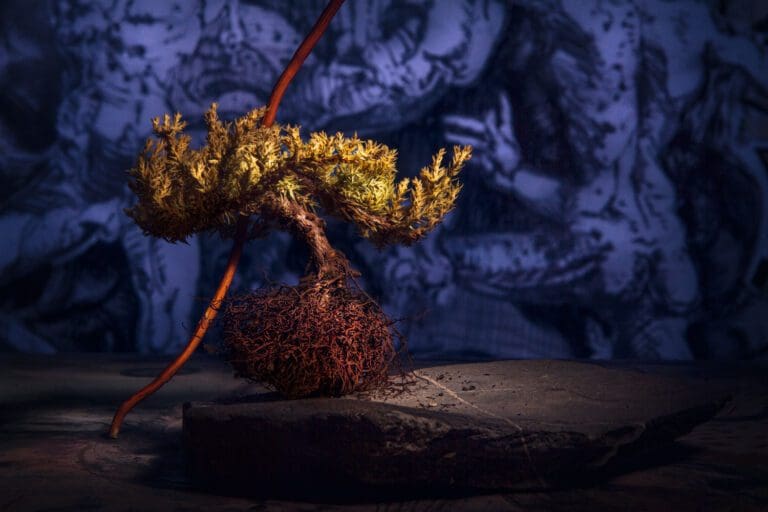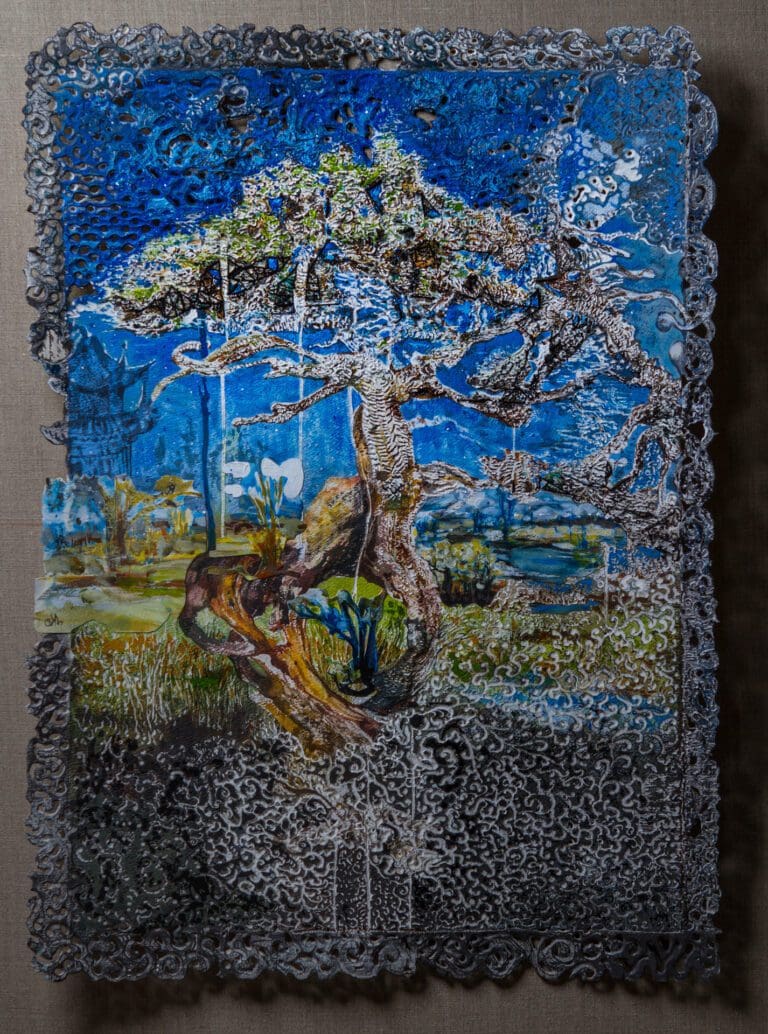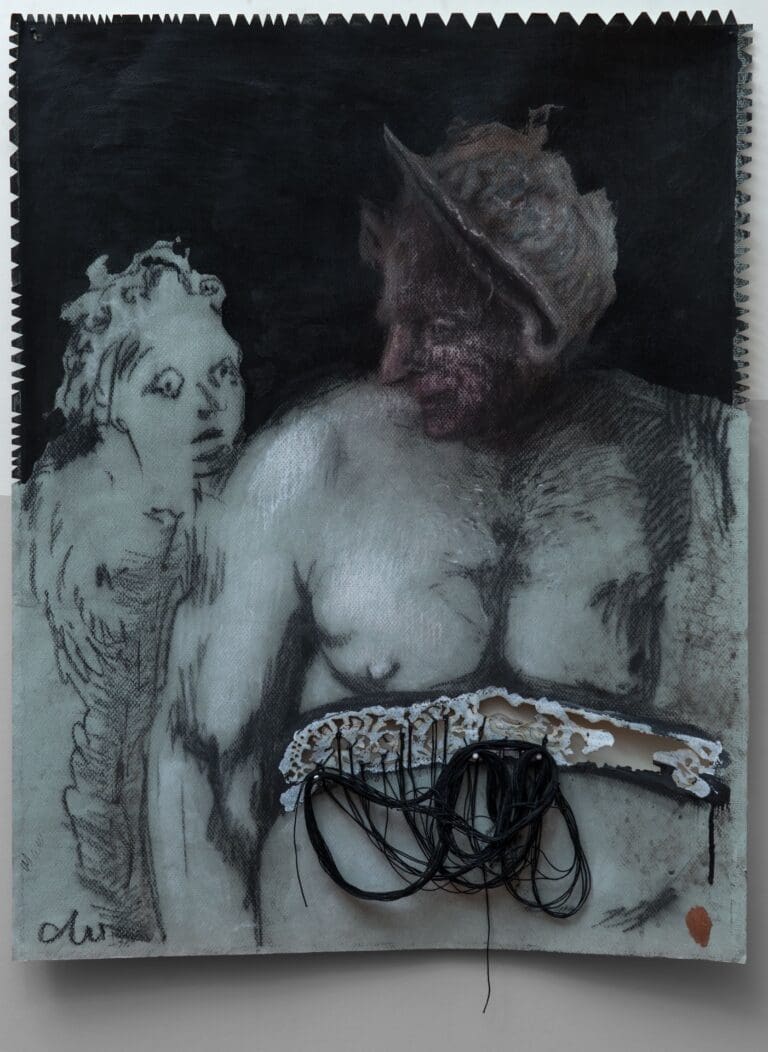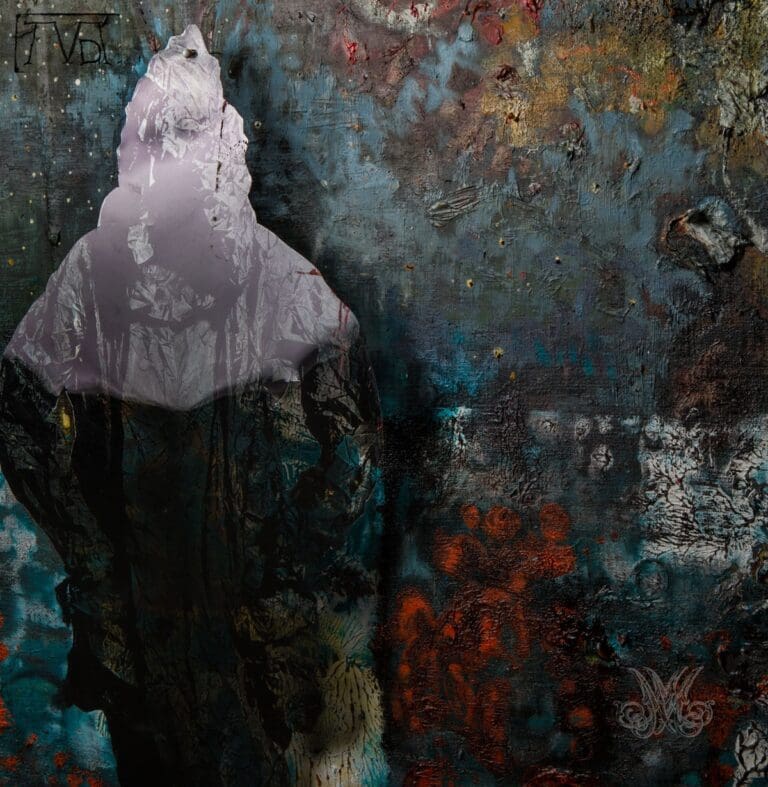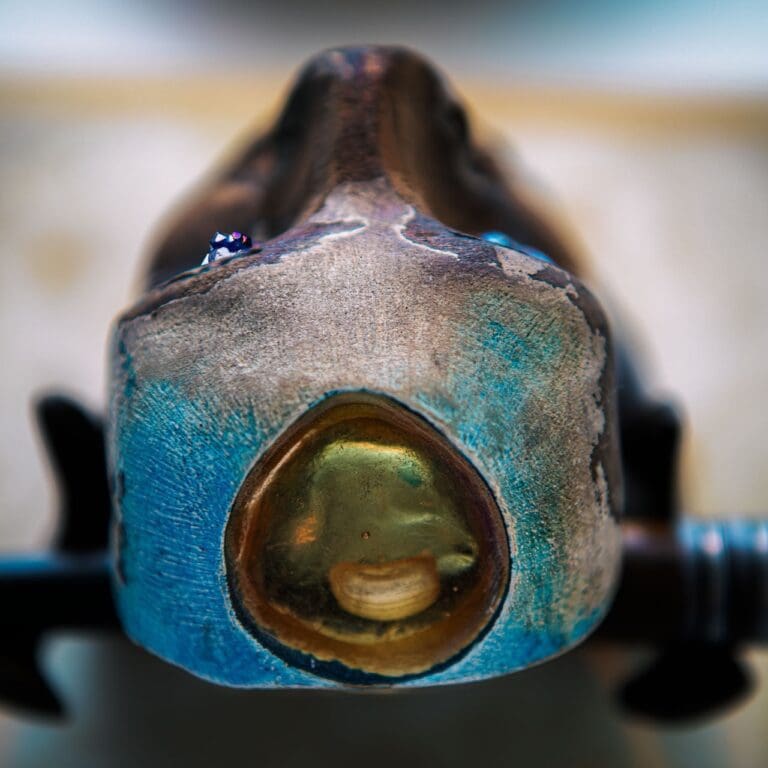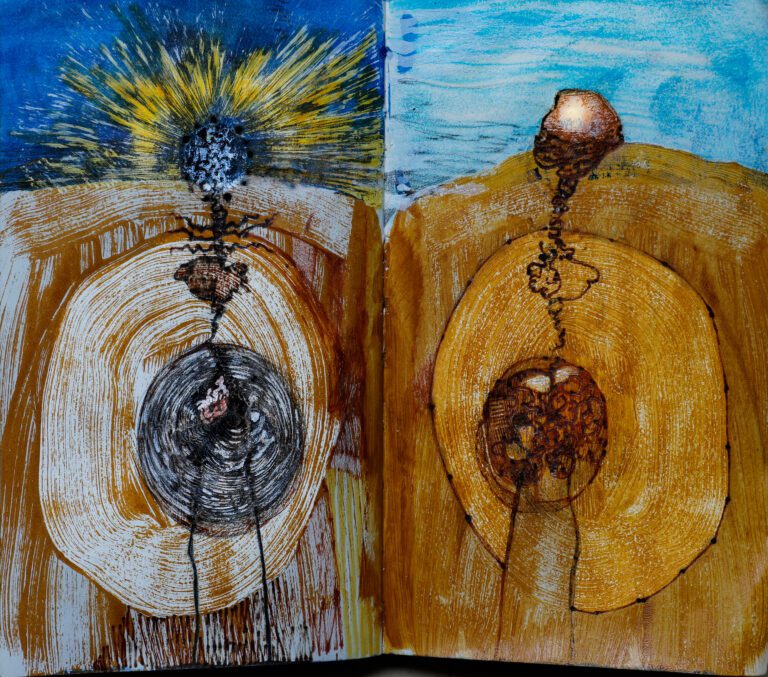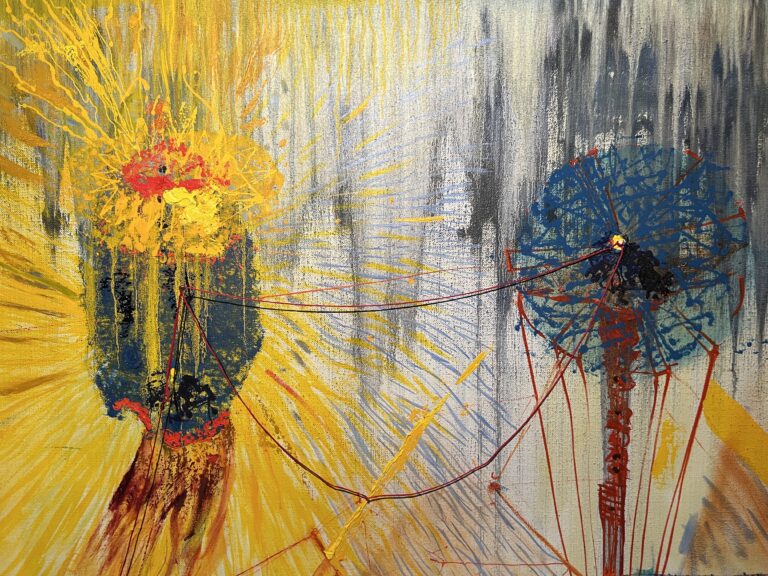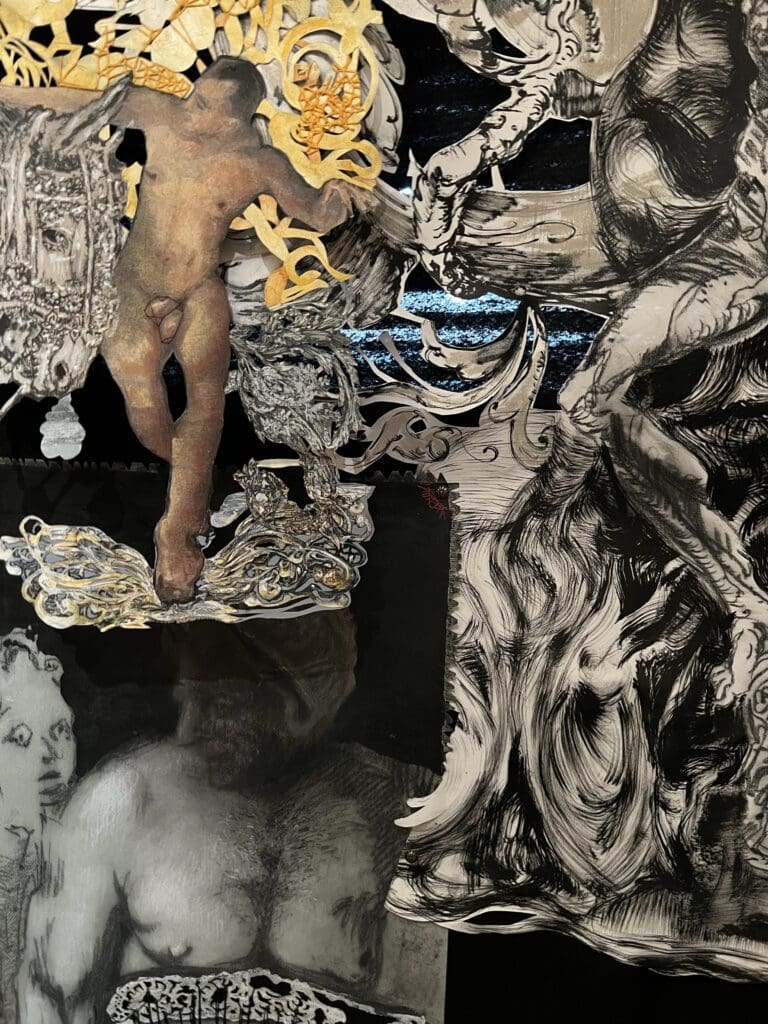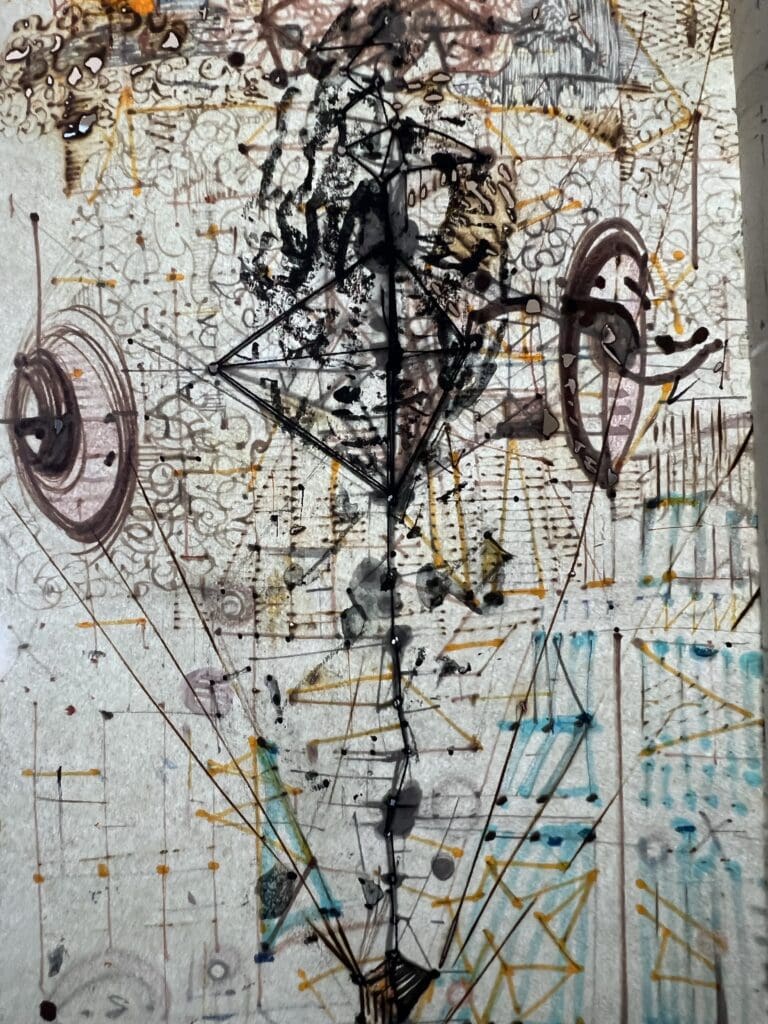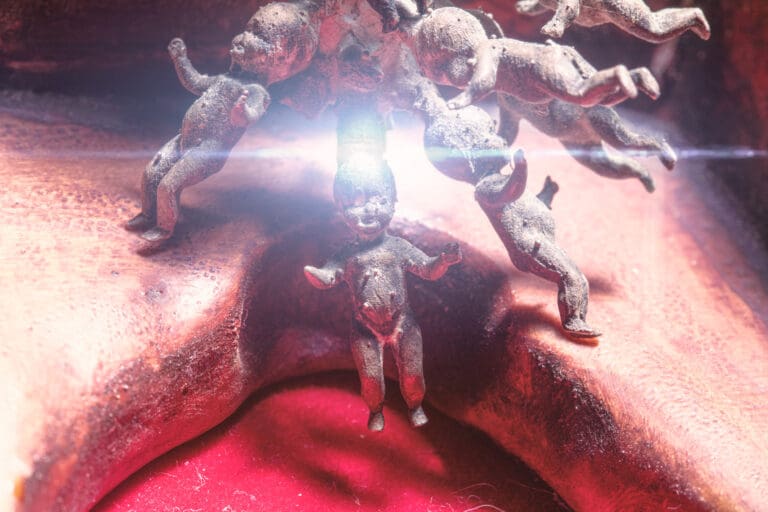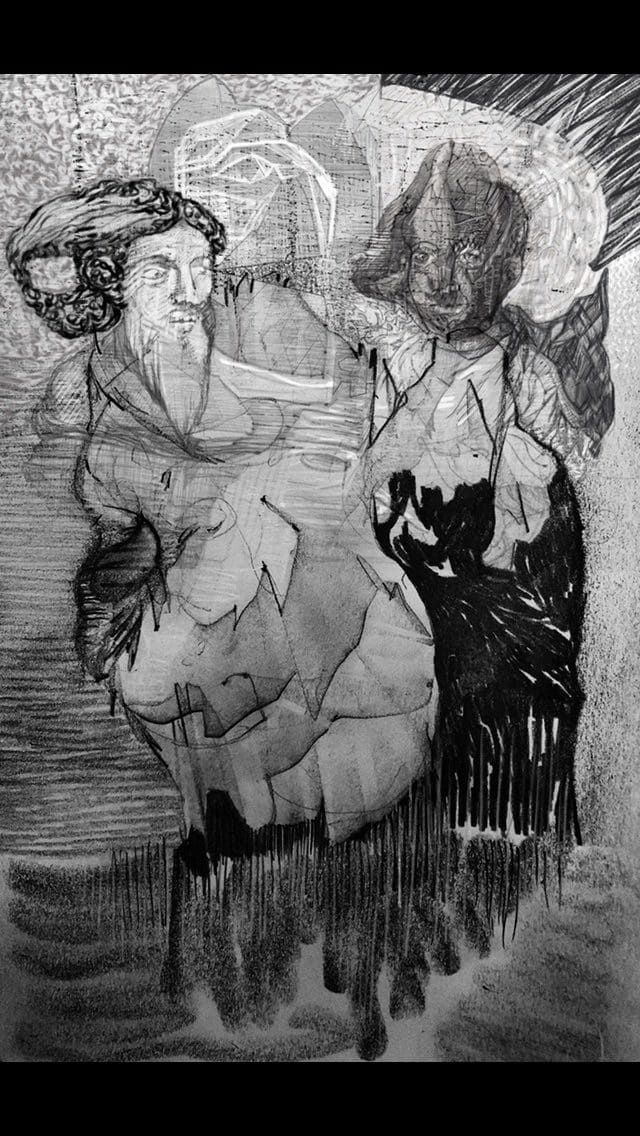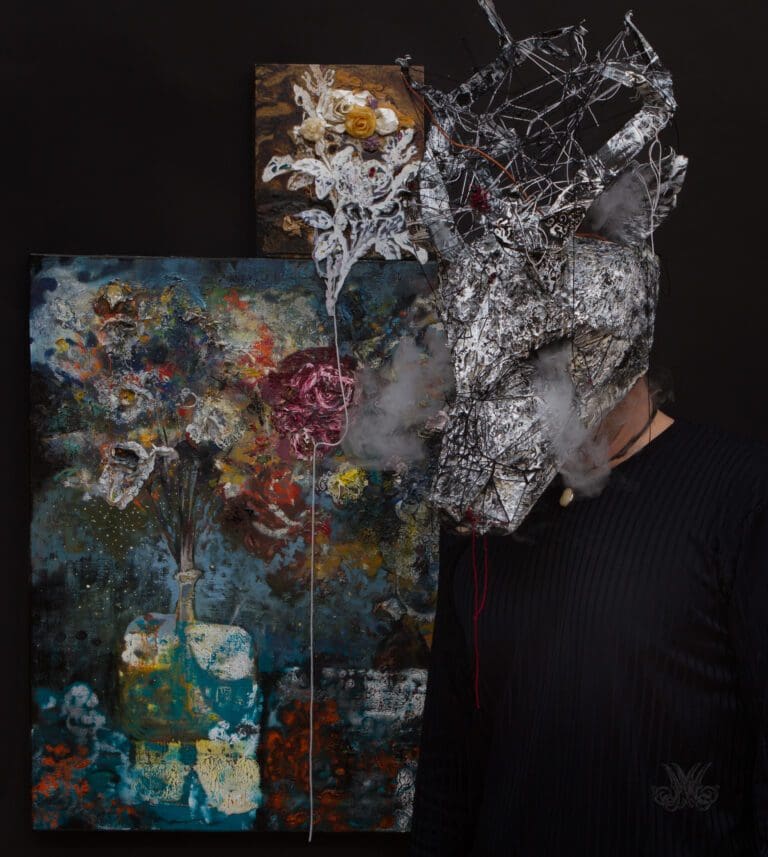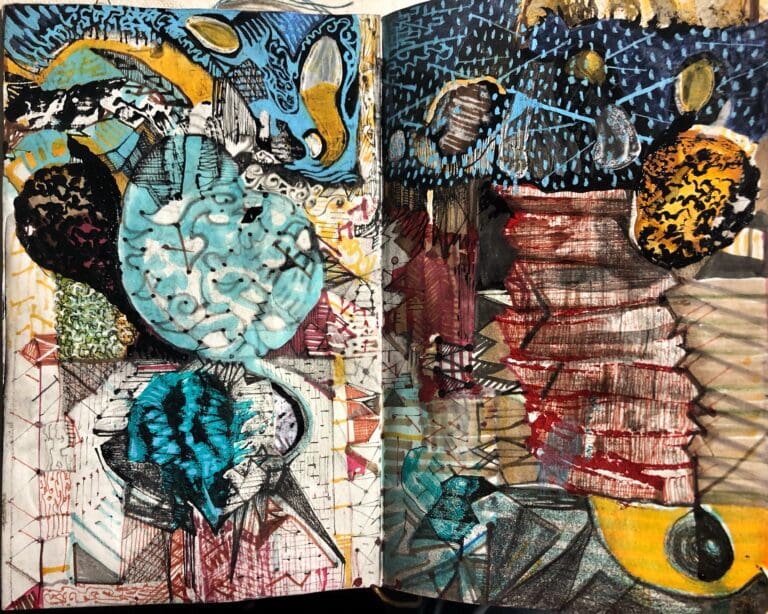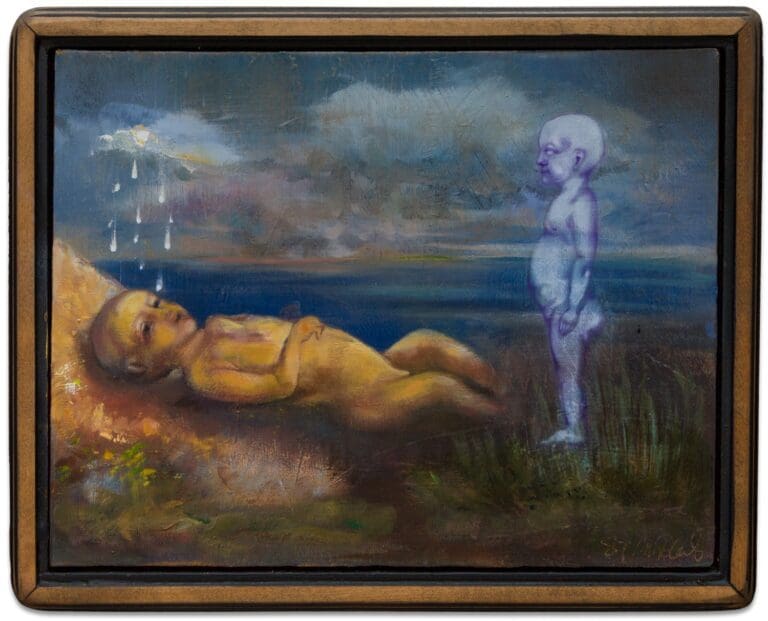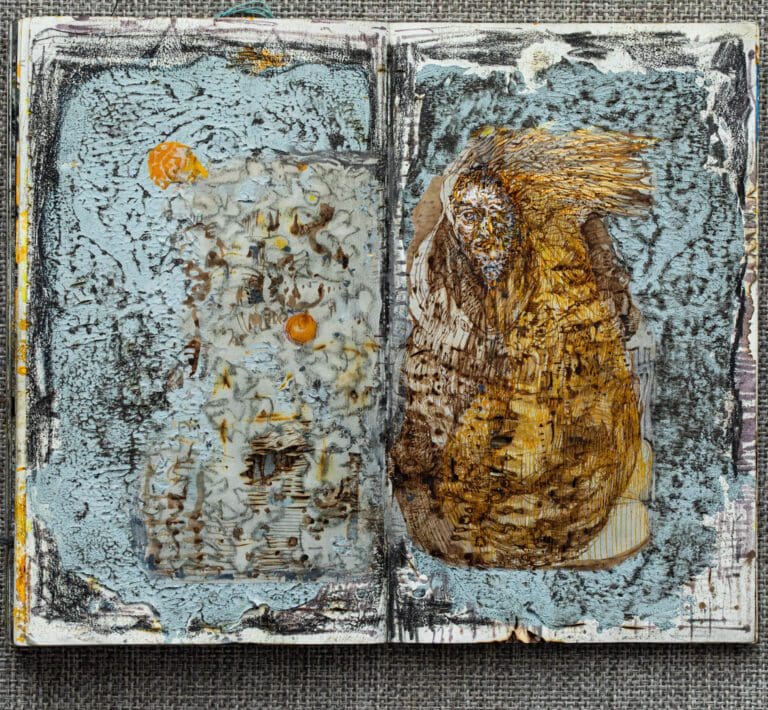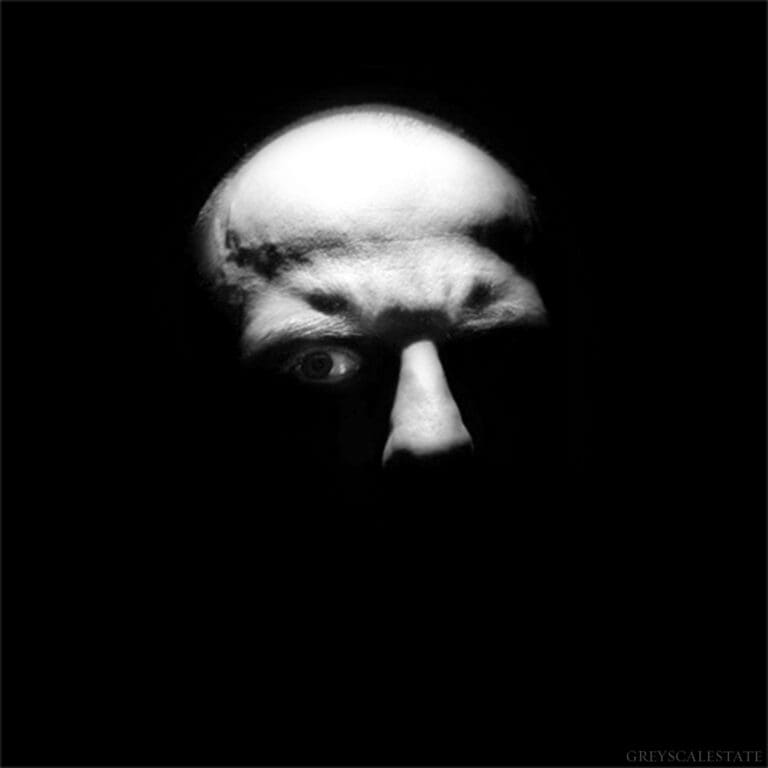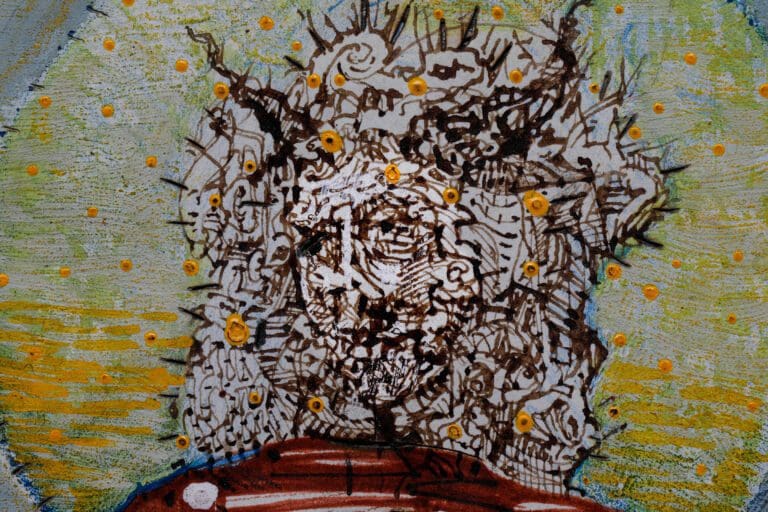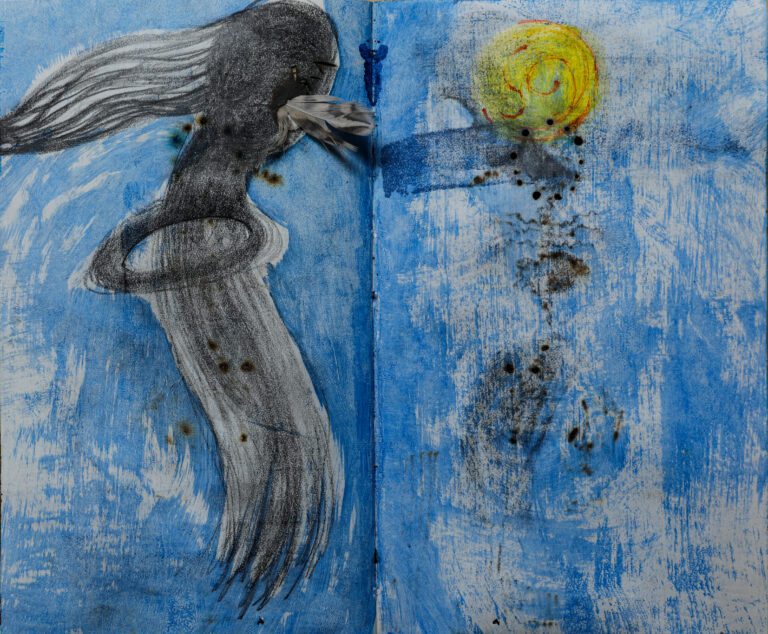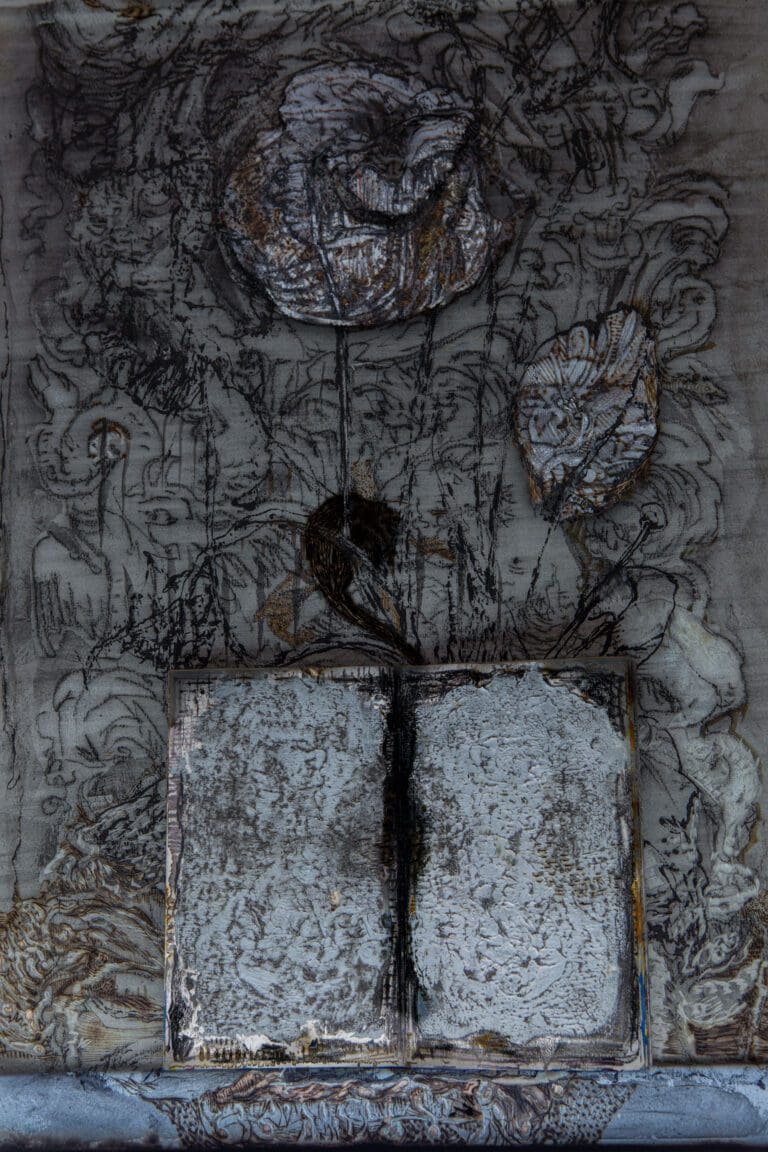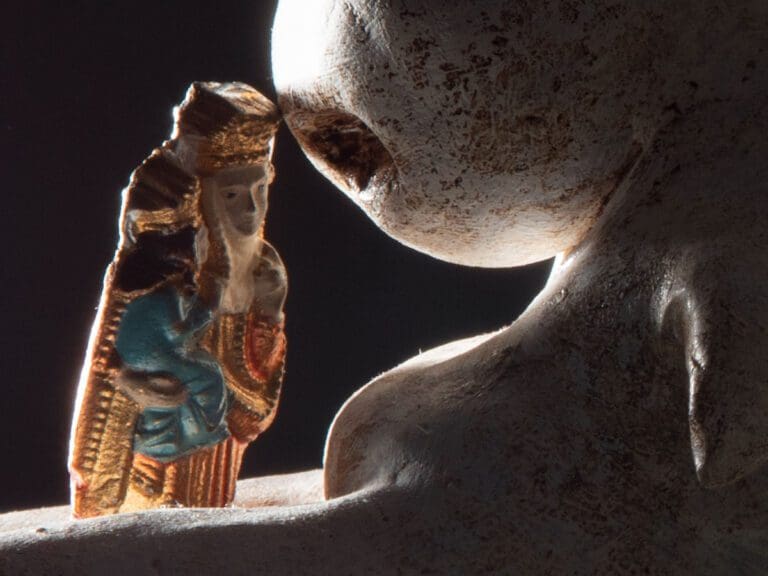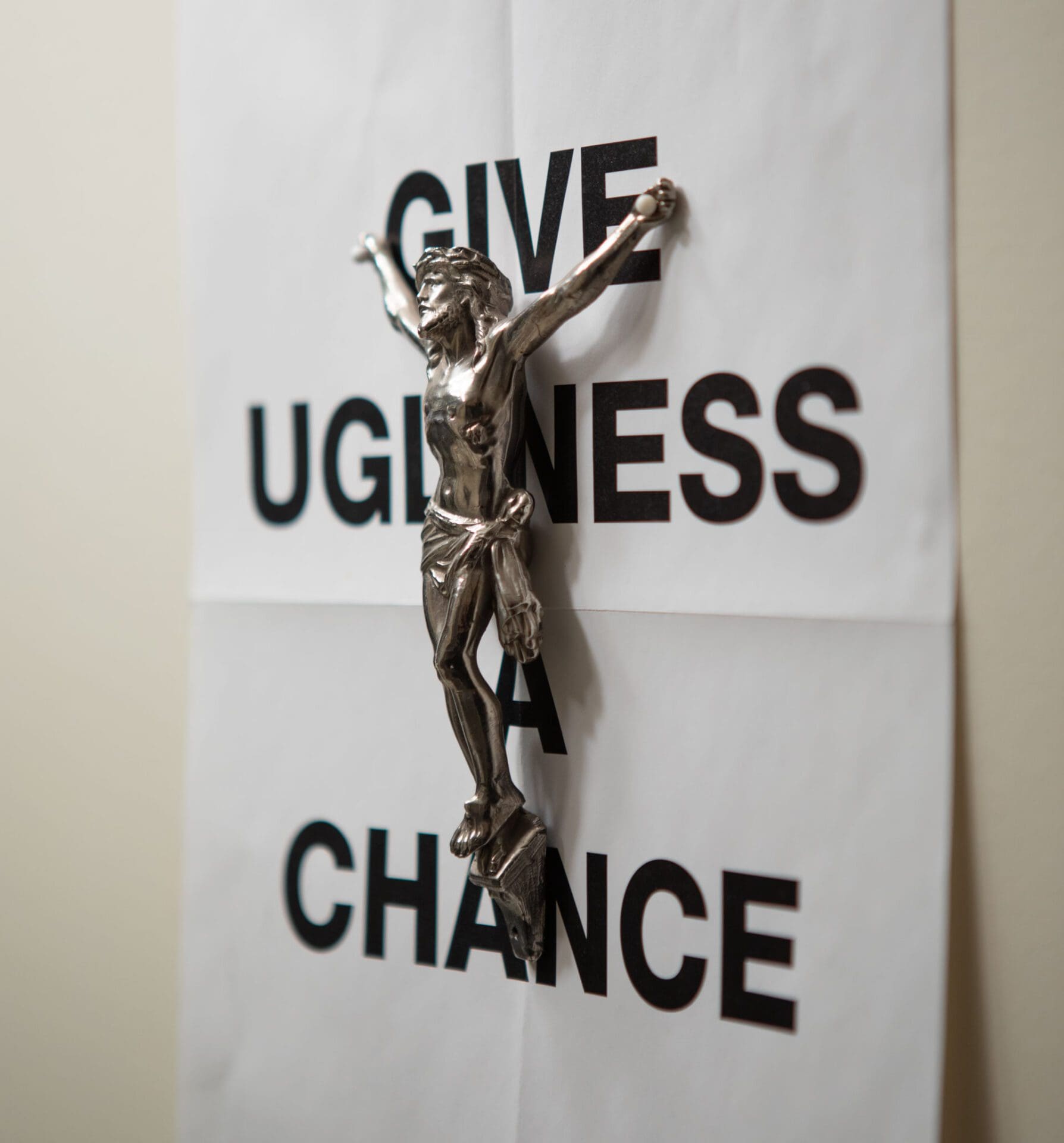
In the historical city of Jerusalem, there once walked a man named Jesus who was quite unique in appearance. His nose was grand, like an eagle’s beak, his teeth misaligned, similar to a toppled stone wall, his chin doubled up, and his body, hidden beneath the robes, was very ordinary. He wasn’t the man of traditional beauty often depicted in future paintings and sculptures, but this didn’t deter him from radiating a divine spirit.
Jesus, rather than feeling insecure about his unconventional appearance, embraced it. “Remember,” he would often tell his followers, his crooked teeth on display as he smiled warmly, “the worth of a man does not lie in his exterior, but in the kindness of his heart.”
The children in the streets would playfully jest at Jesus. “Look at our Jesus,” they’d say, “his nose is so big, he can smell a lost sheep from leagues away!” Jesus would throw back his head and laugh, his double chin wobbling, agreeing that indeed, his powerful nose came in handy.
One day, a self-important merchant arrived in the town, strikingly handsome, with the muscular build of a gladiator. Upon seeing Jesus, he snorted disdainfully. “How could such an unusual-looking man command such respect?” he mused aloud.
Intrigued and somewhat threatened, the merchant challenged Jesus to a contest of public preference. Confident in his own allure, he believed that the villagers would unequivocally choose him over the unusual Jesus. “Let’s see who the villagers favor,” he proposed, a mocking smirk on his face.
Jesus, amused by the merchant’s vanity, agreed. “May it be as you wish,” he said, his large nose twitching with suppressed laughter.
The following day, the villagers congregated in the bustling town square. The merchant paraded himself, flexing his muscles and grinning, yet the applause from the crowd was half-hearted.
Then, it was Jesus’ turn. He ambled onto the stage, his double chin bobbing in sync with his laughter at a joke shared by a child. As he faced the crowd, he did not show off his appearance. Instead, he started a sermon that the villagers would remember for a long time to come.
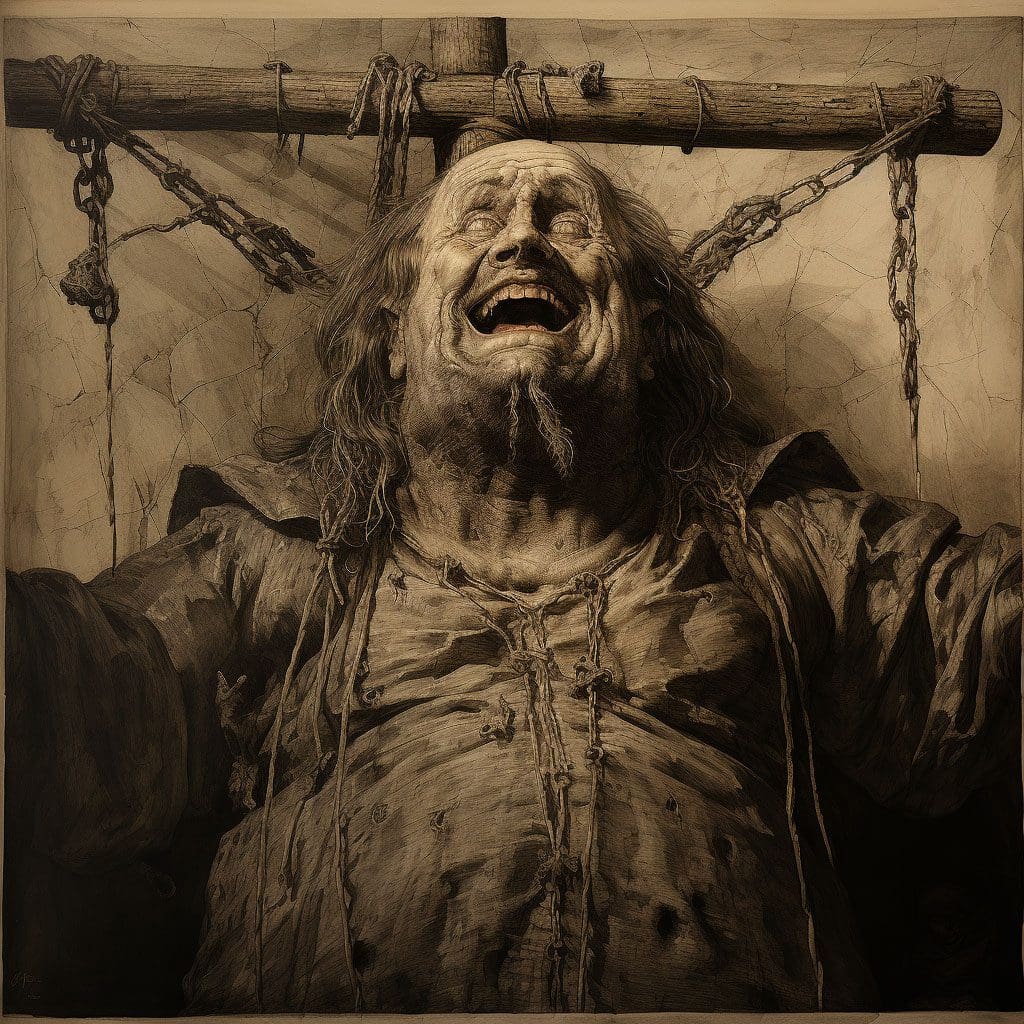
Jesus, with his pronounced nose, crooked teeth, double chin, and modest physique, continued to inspire, to teach, and to spread love. His physical appearance was far from ideal, but his heart outshone any physical attribute. His sermon of ‘give ugliness a chance’ lived on, reminding everyone that beauty lies not in appearances, but in the kindness we show to others.
“My friends,” Jesus began, his voice gentle but firm. “I stand before you, not as a model of physical beauty, but as a testament to inner strength. I urge you all to ‘give ugliness a chance.’ Judge not by what is seen, but by what is felt. Beauty is but skin deep, while character is rooted in the soul.”
The villagers erupted into cheers, their admiration for Jesus surpassing their initial indifference to the merchant’s show of beauty. The merchant was left standing in shocked silence, baffled by the crowd’s preference for Jesus over him.
In the end, the handsome merchant learned a valuable lesson: beauty is fleeting, but the richness of one’s character is enduring. He decided to follow in Jesus’ footsteps, prioritizing virtues over vanity.
